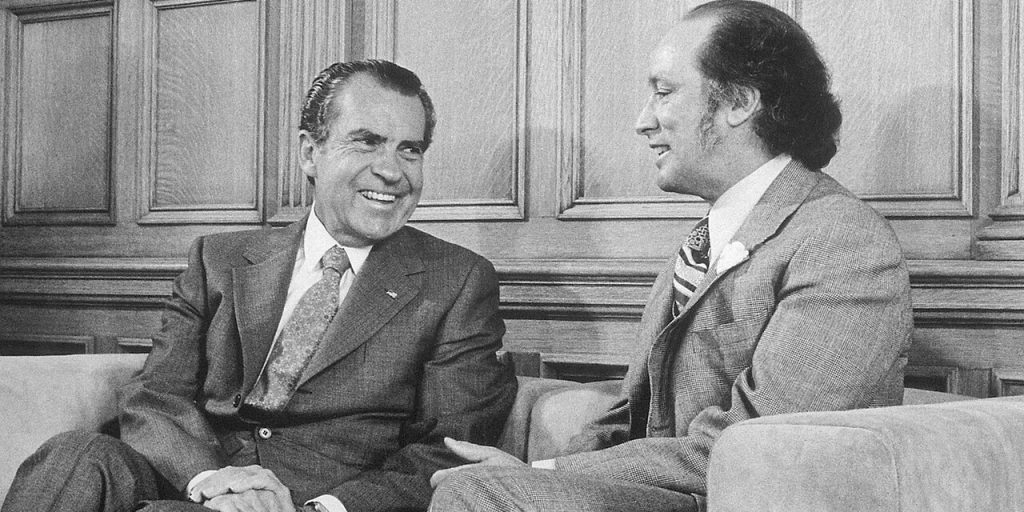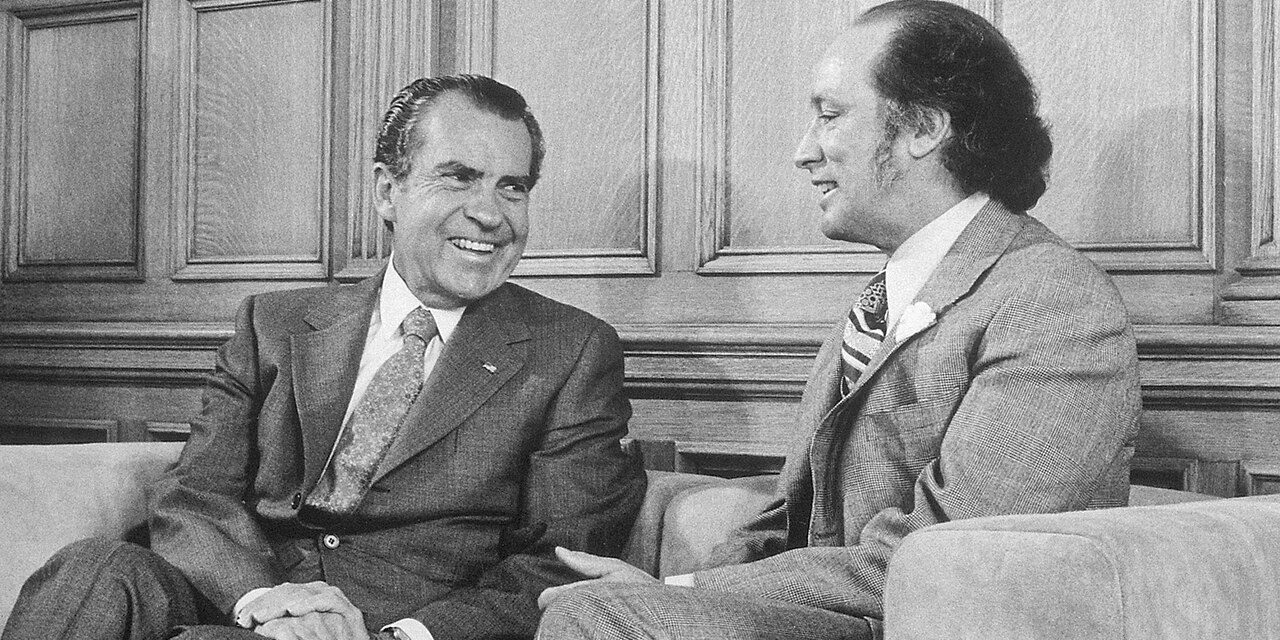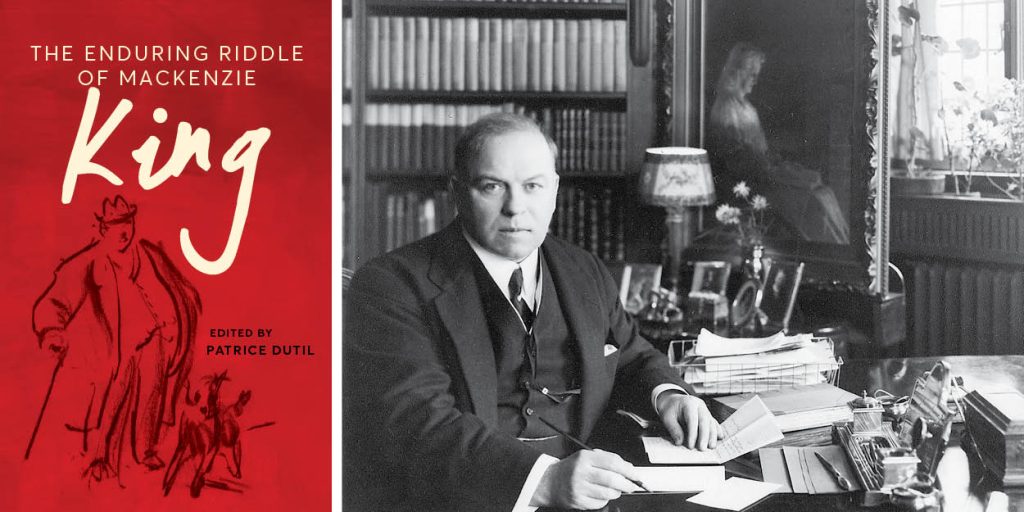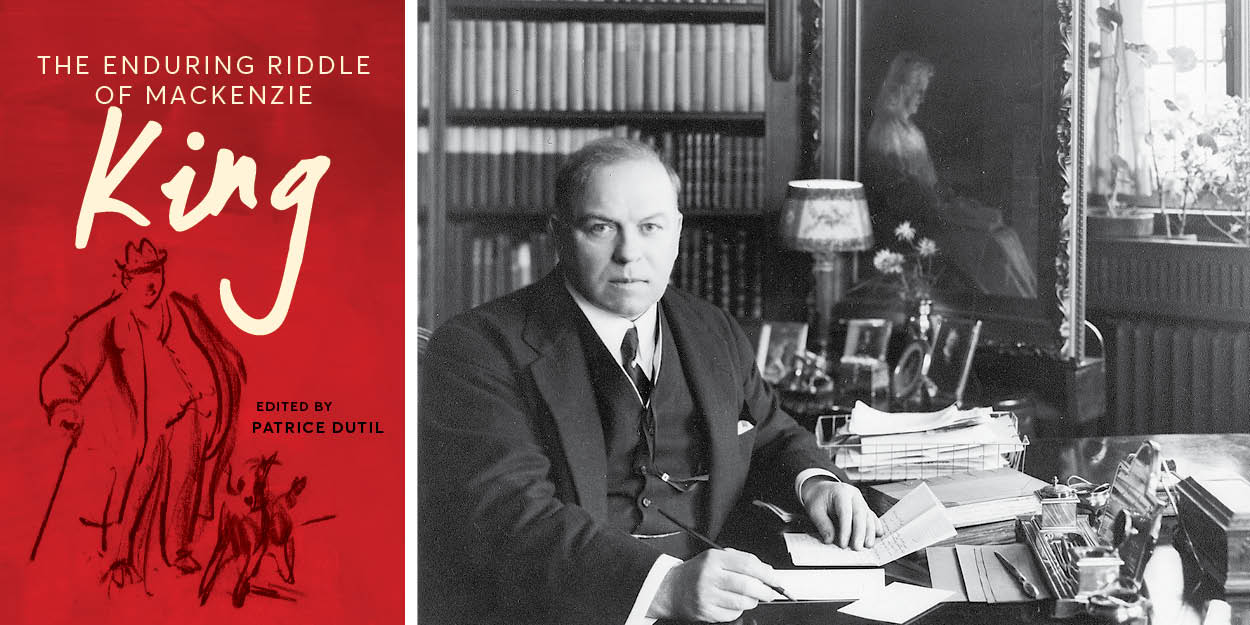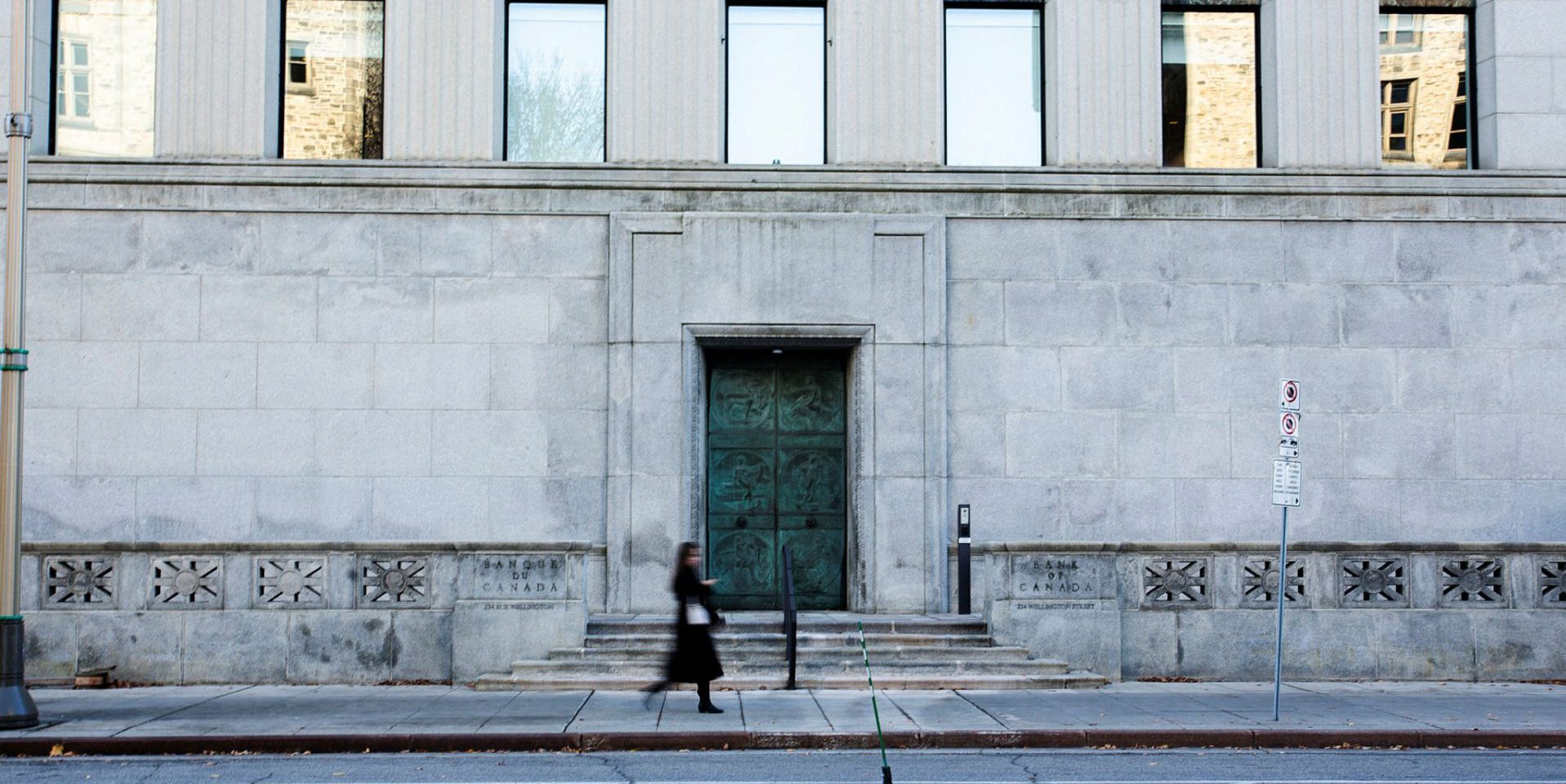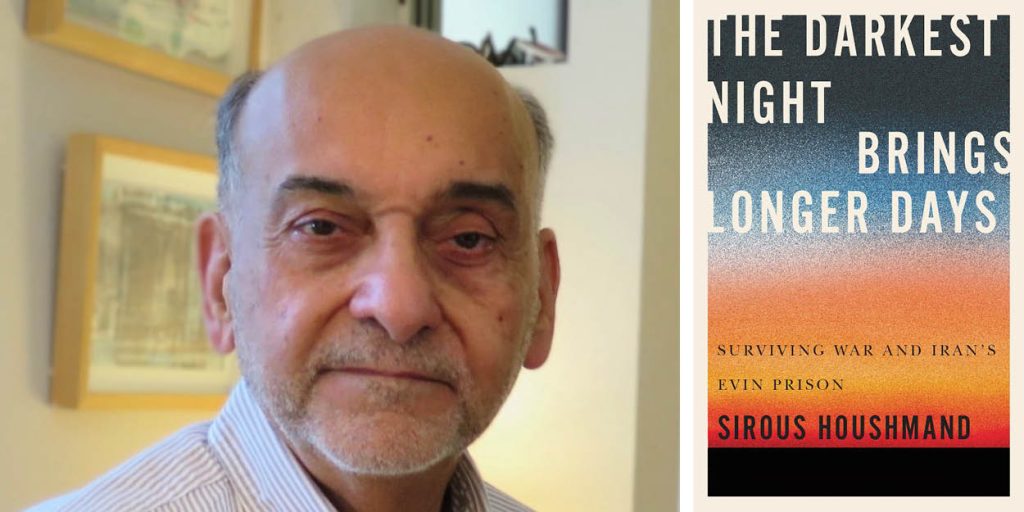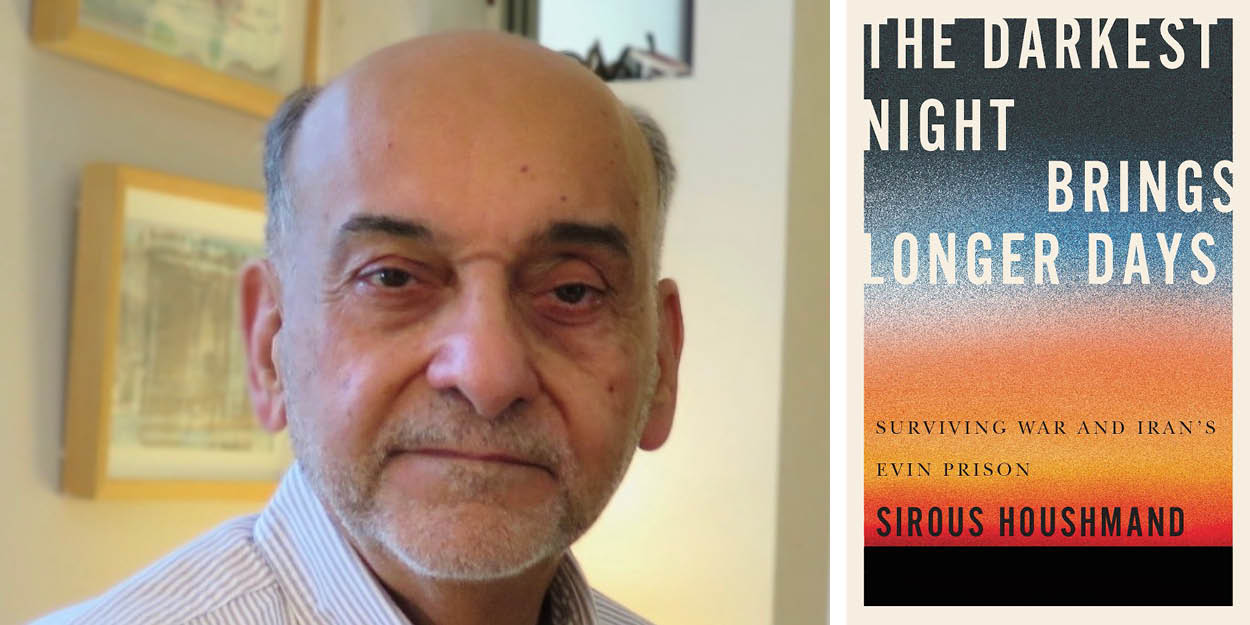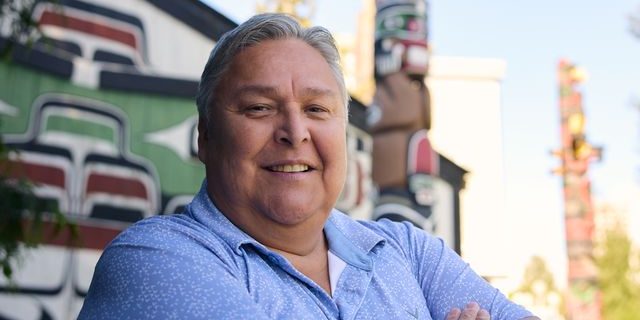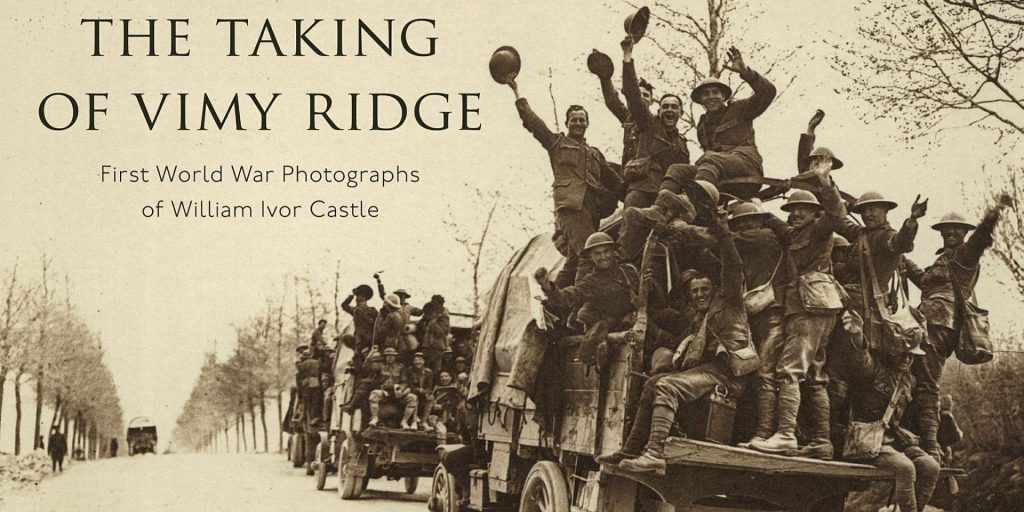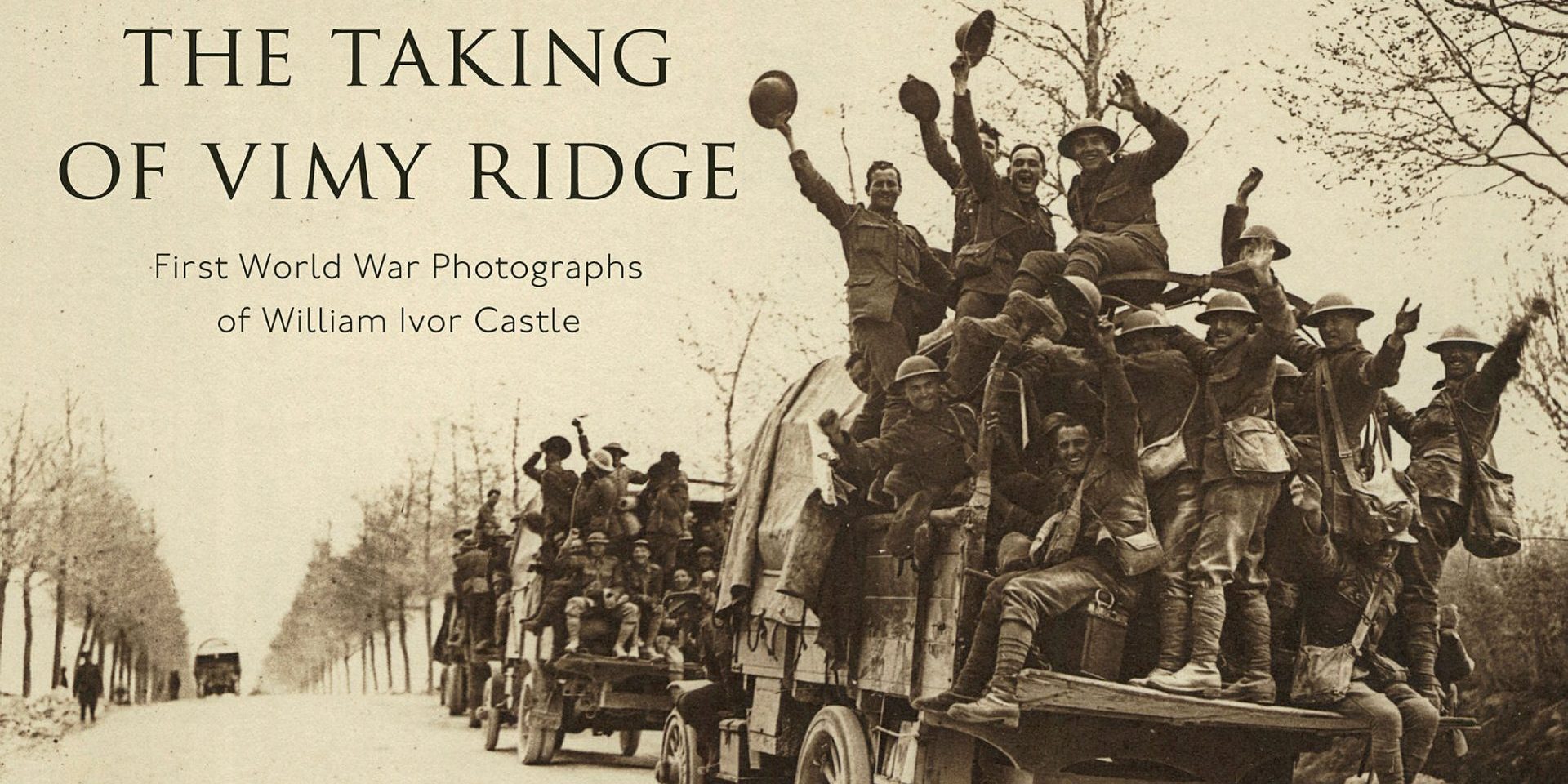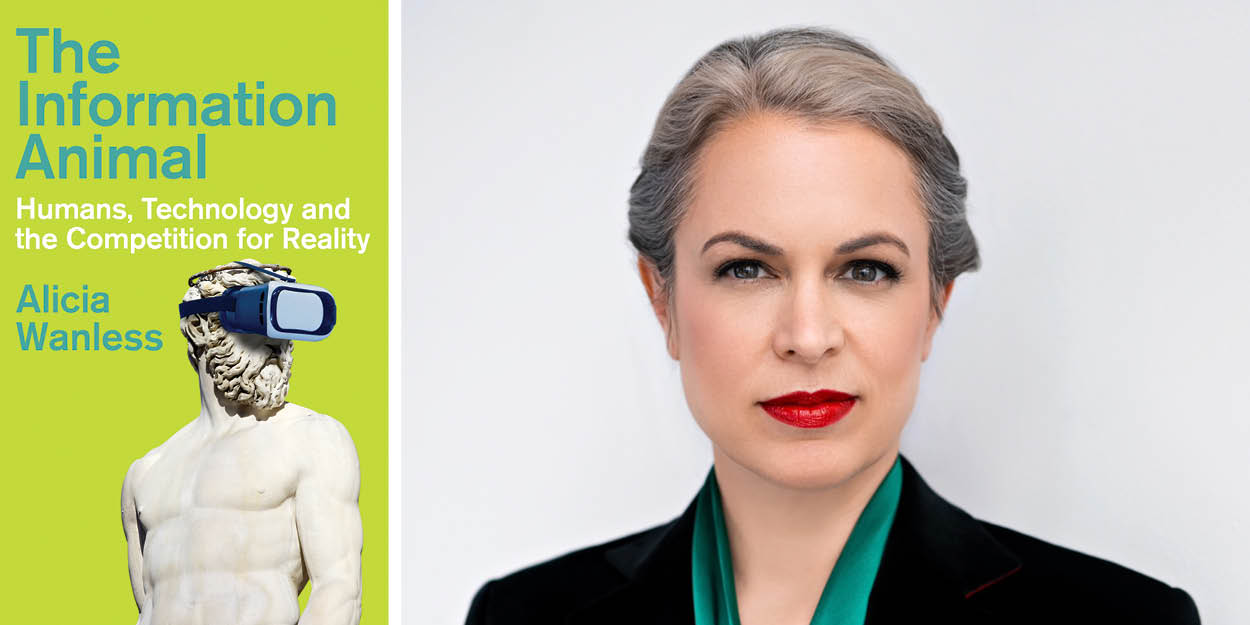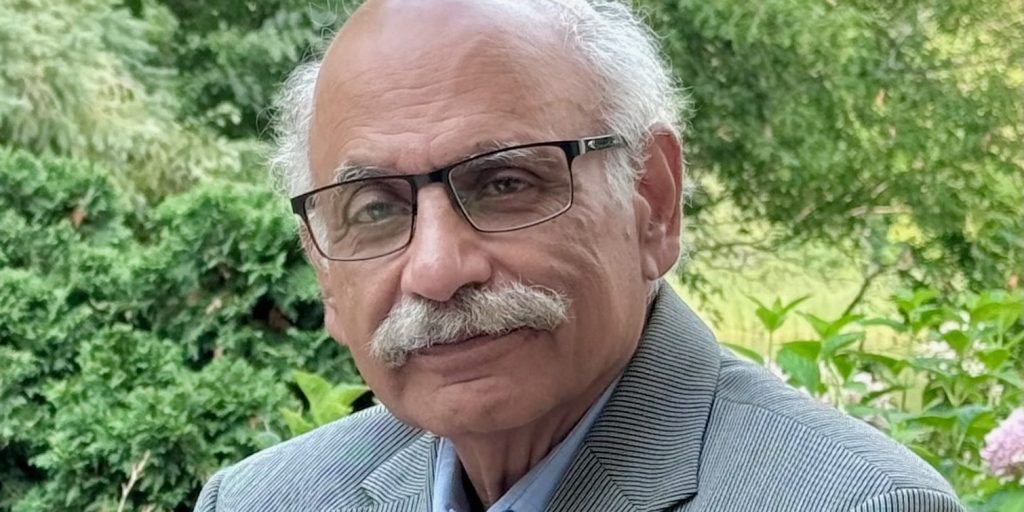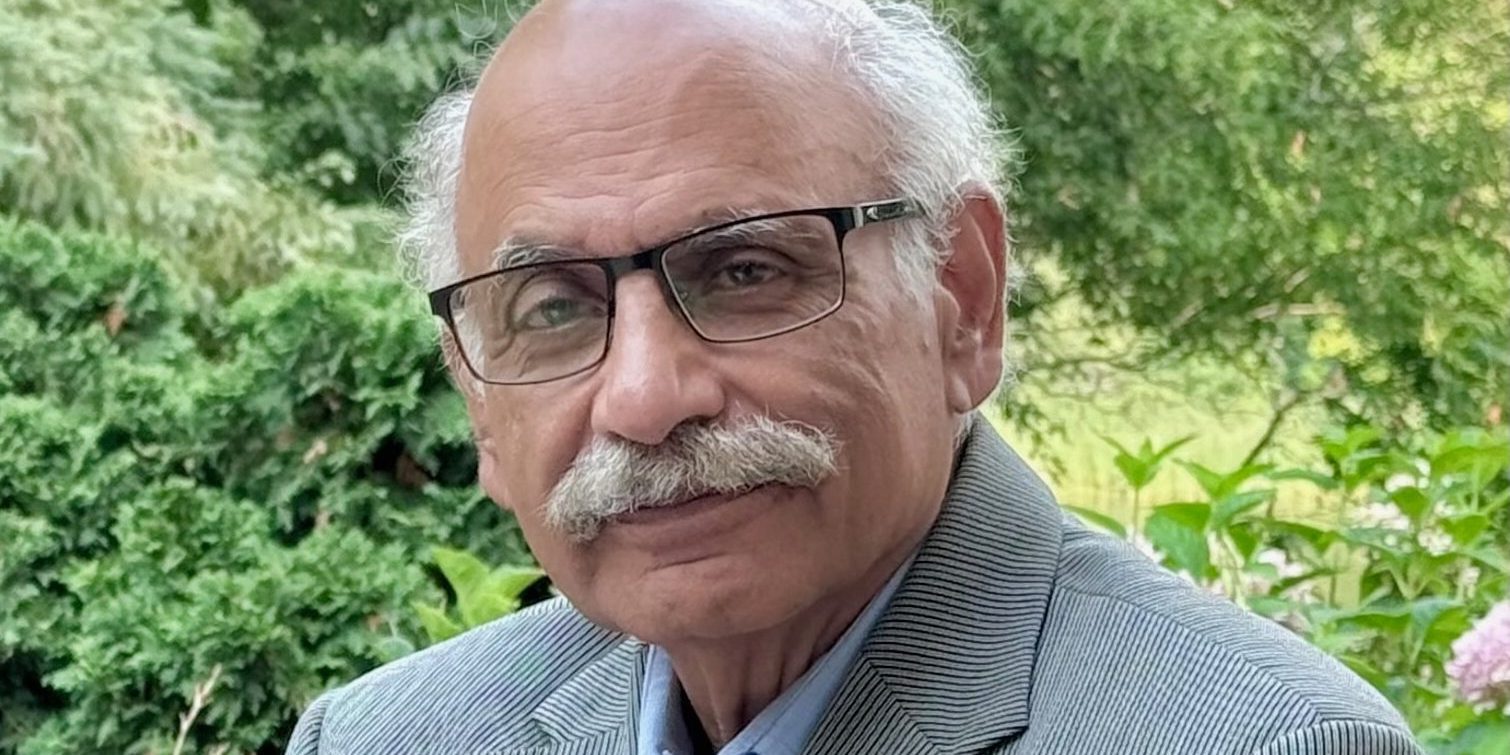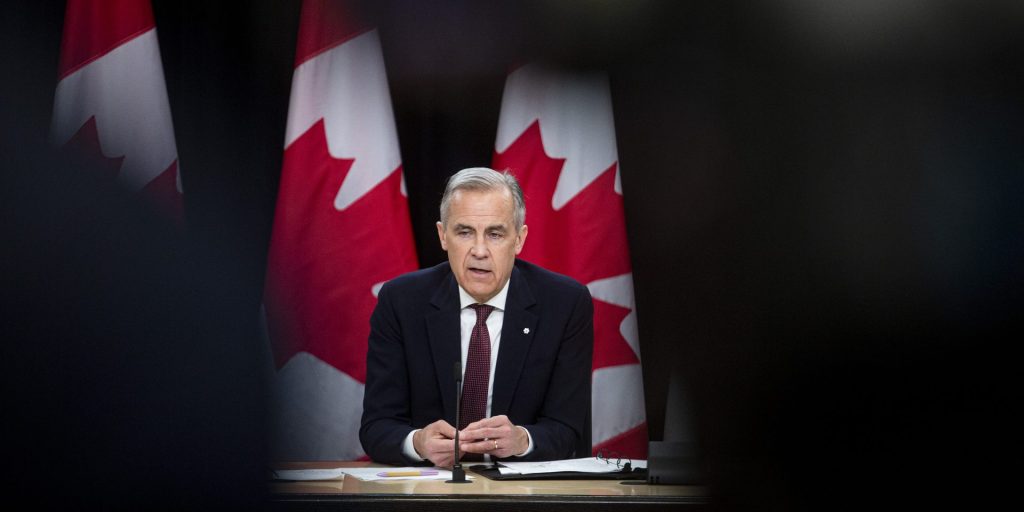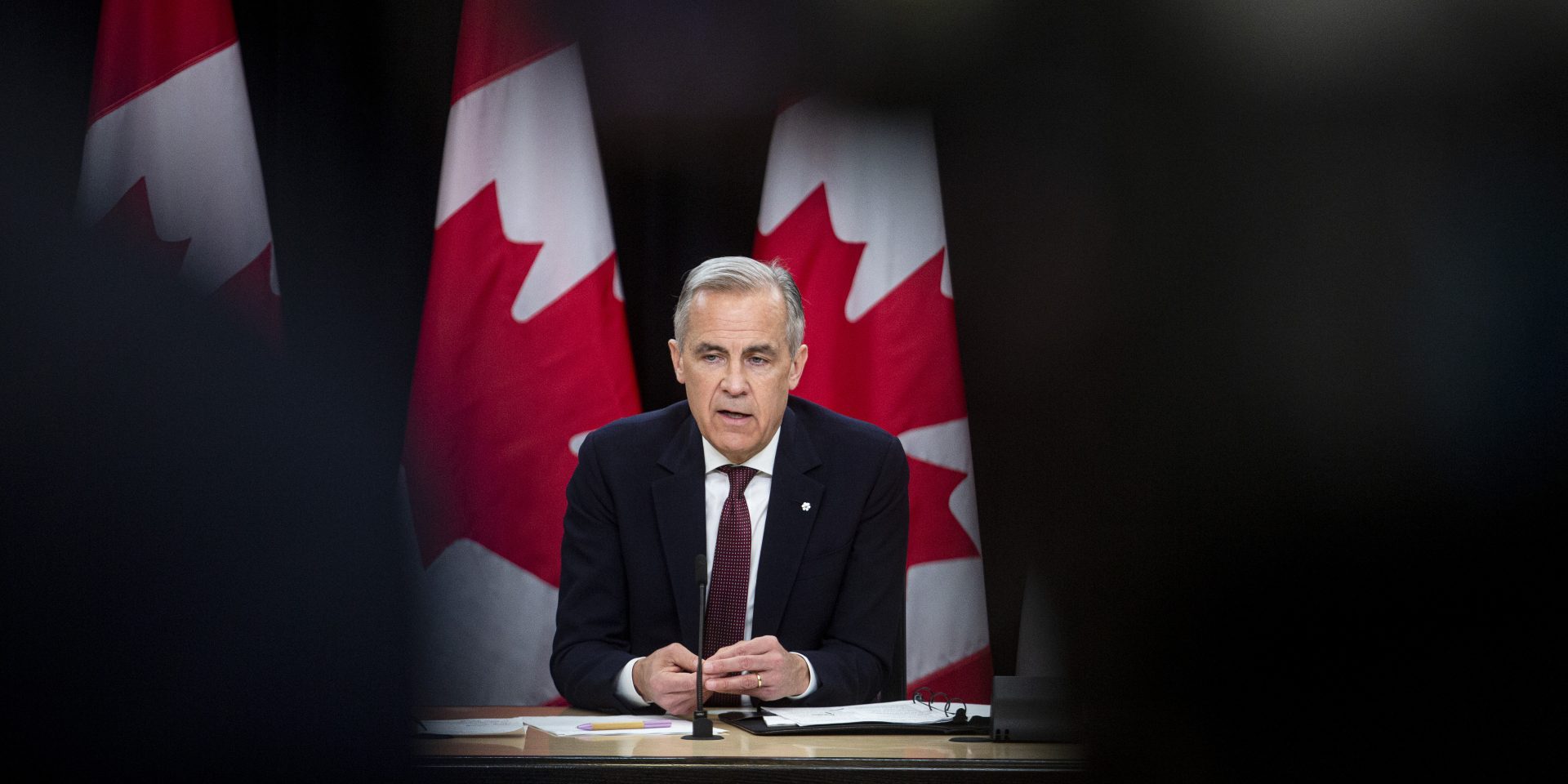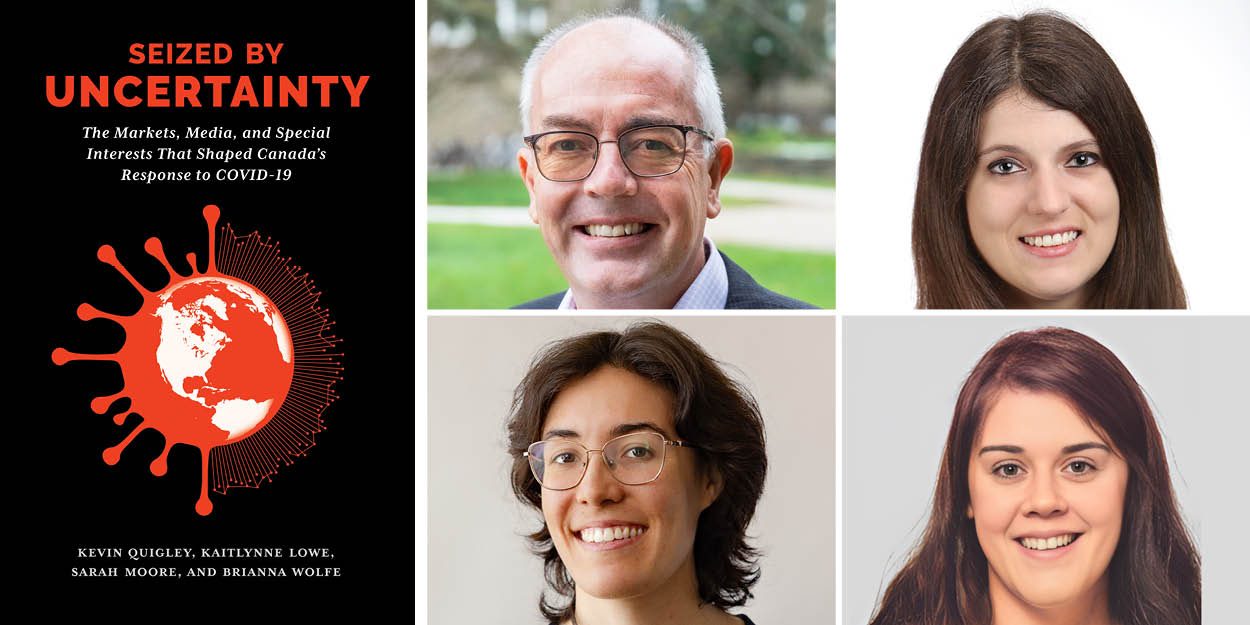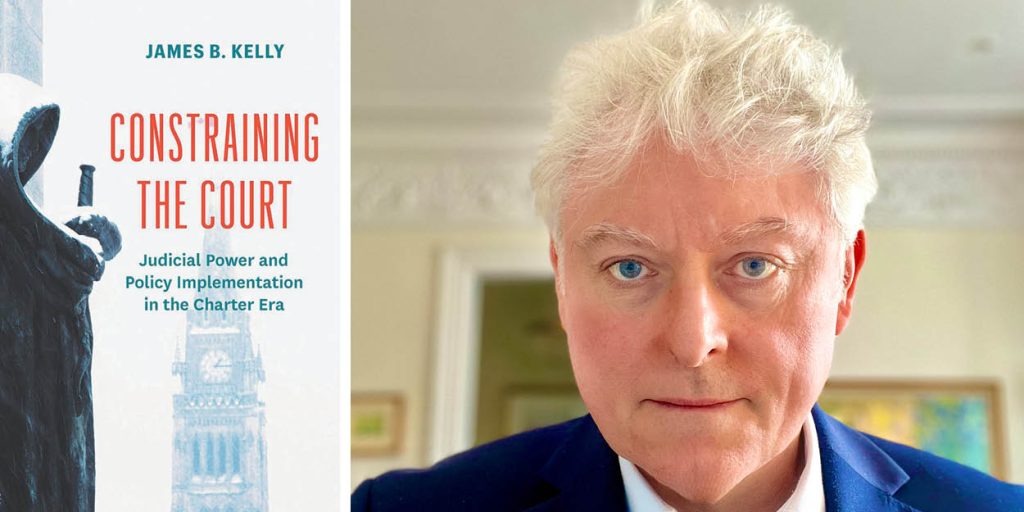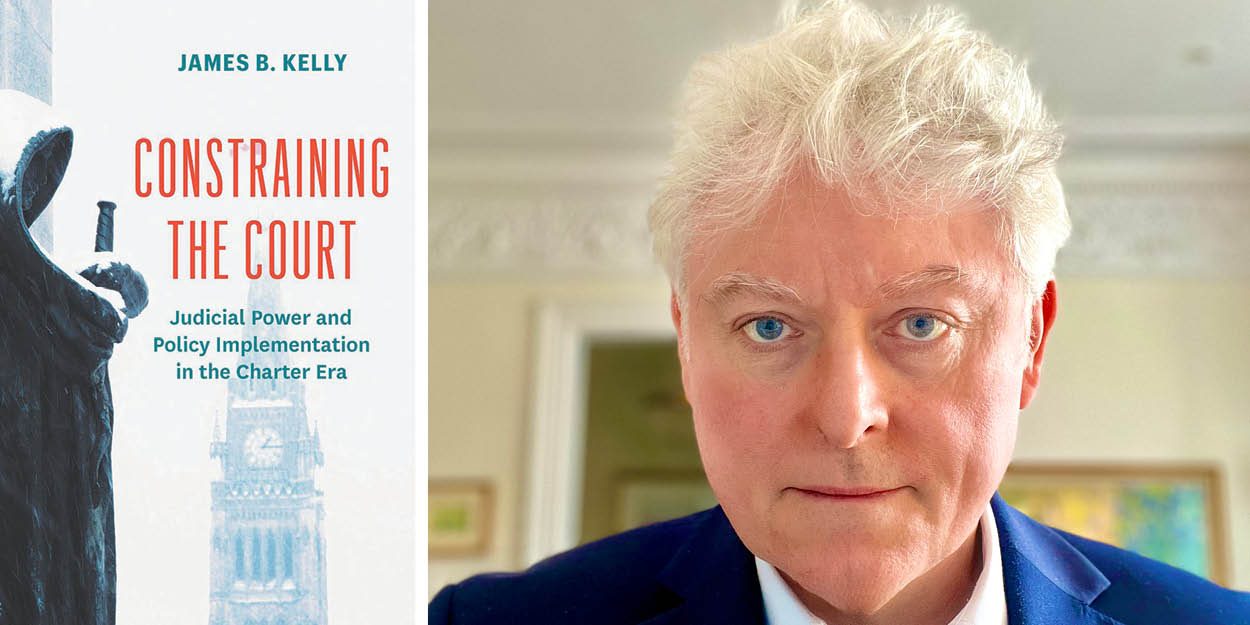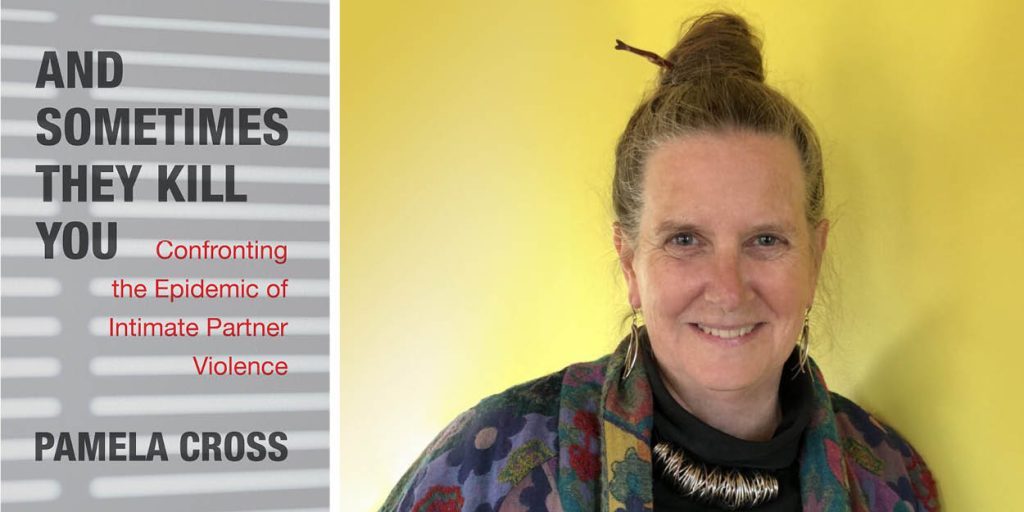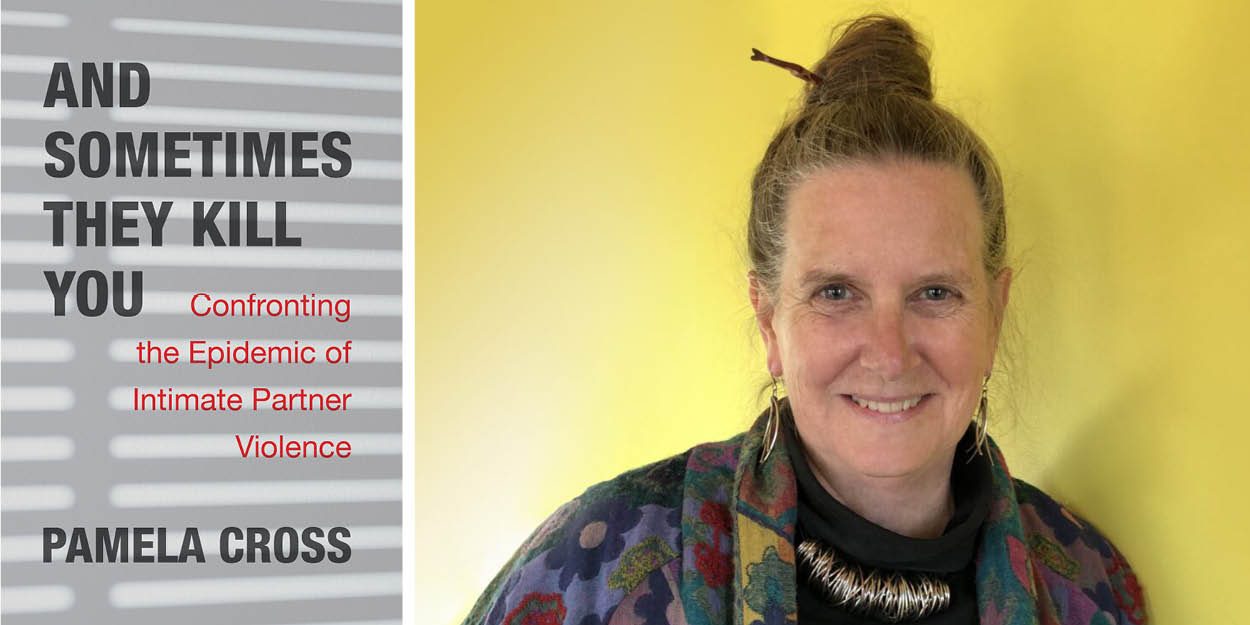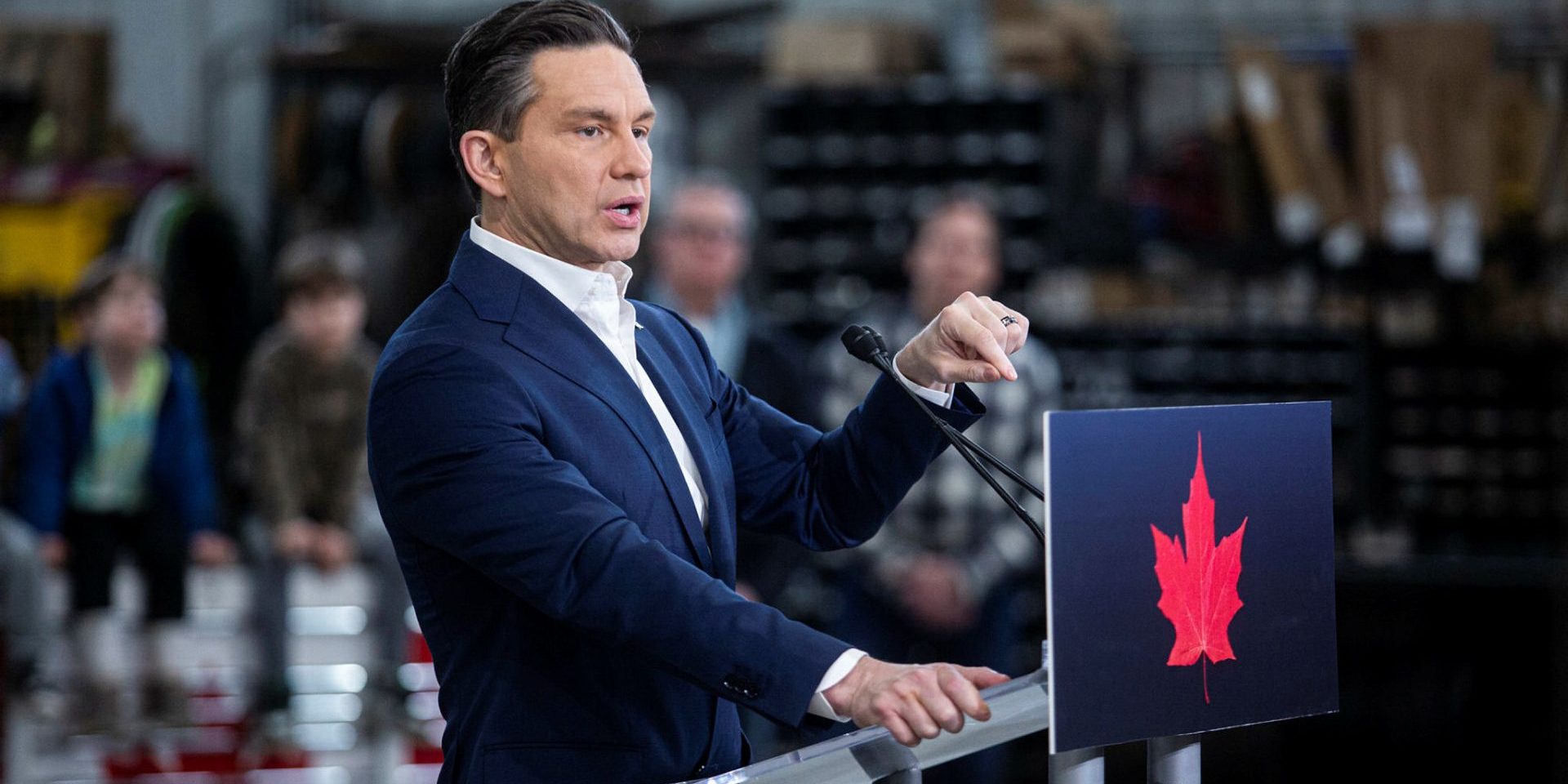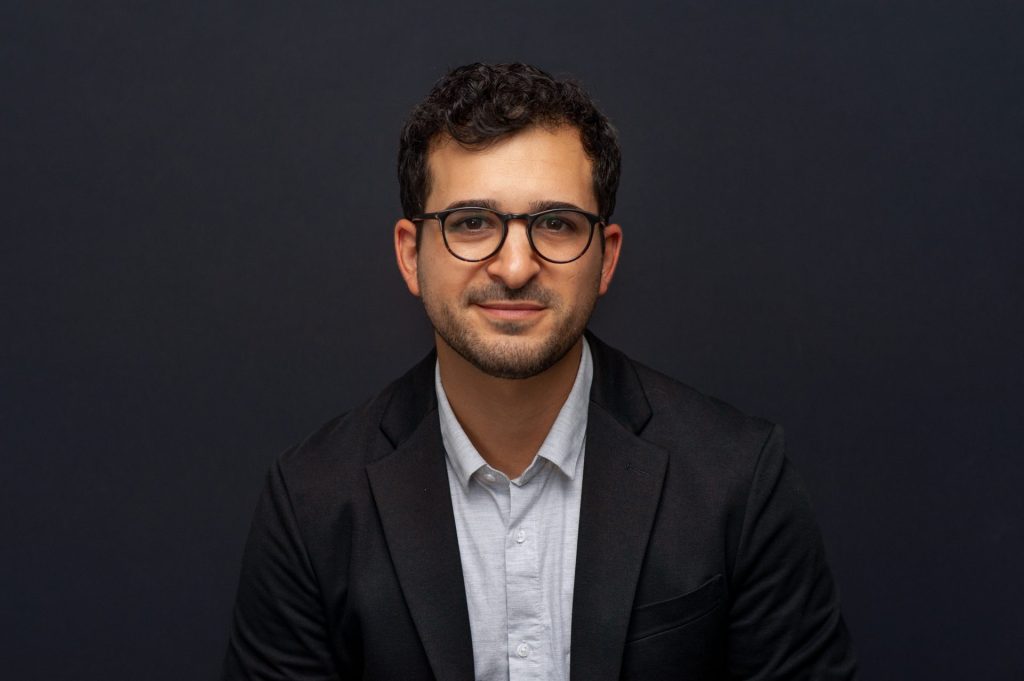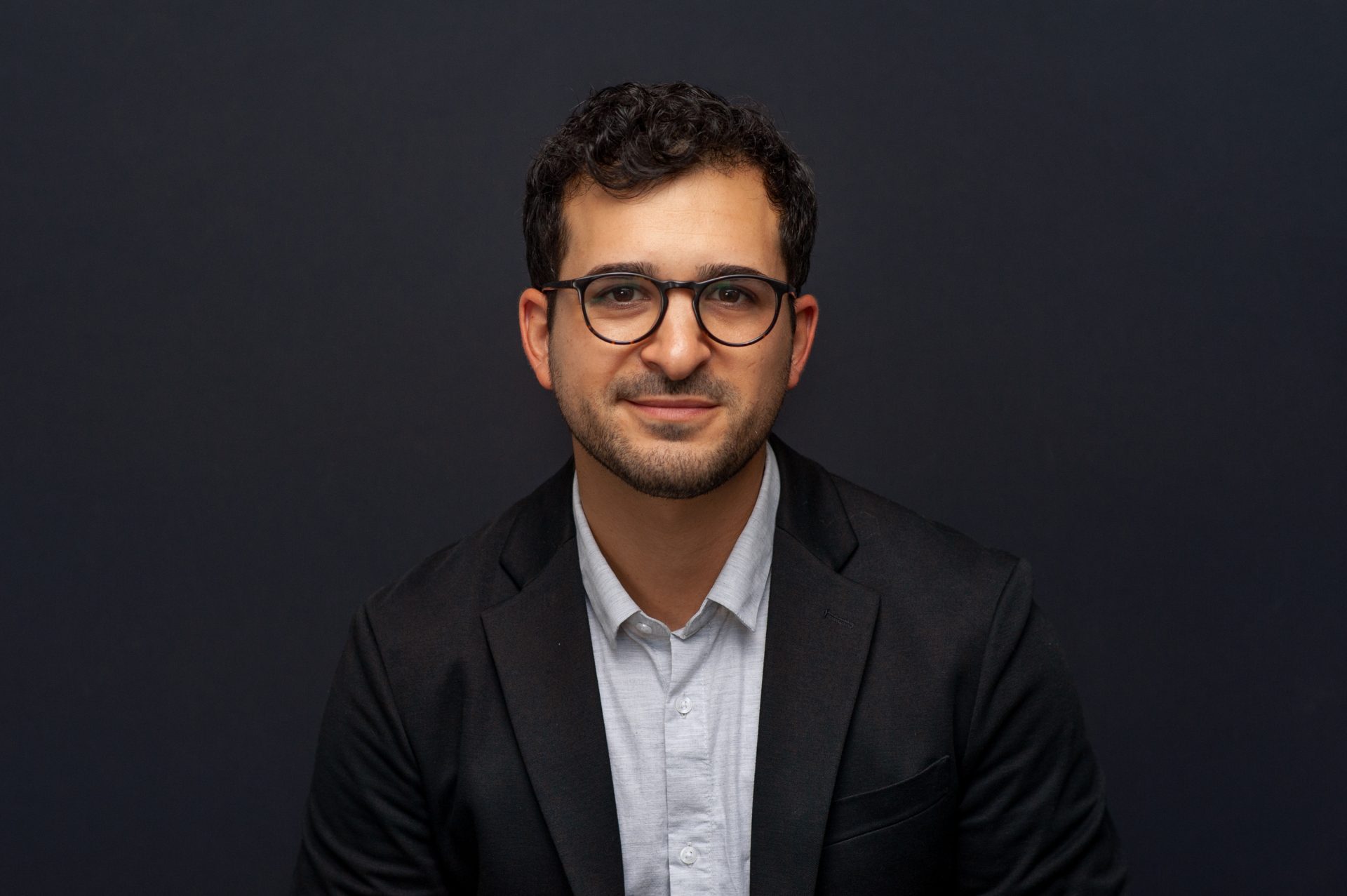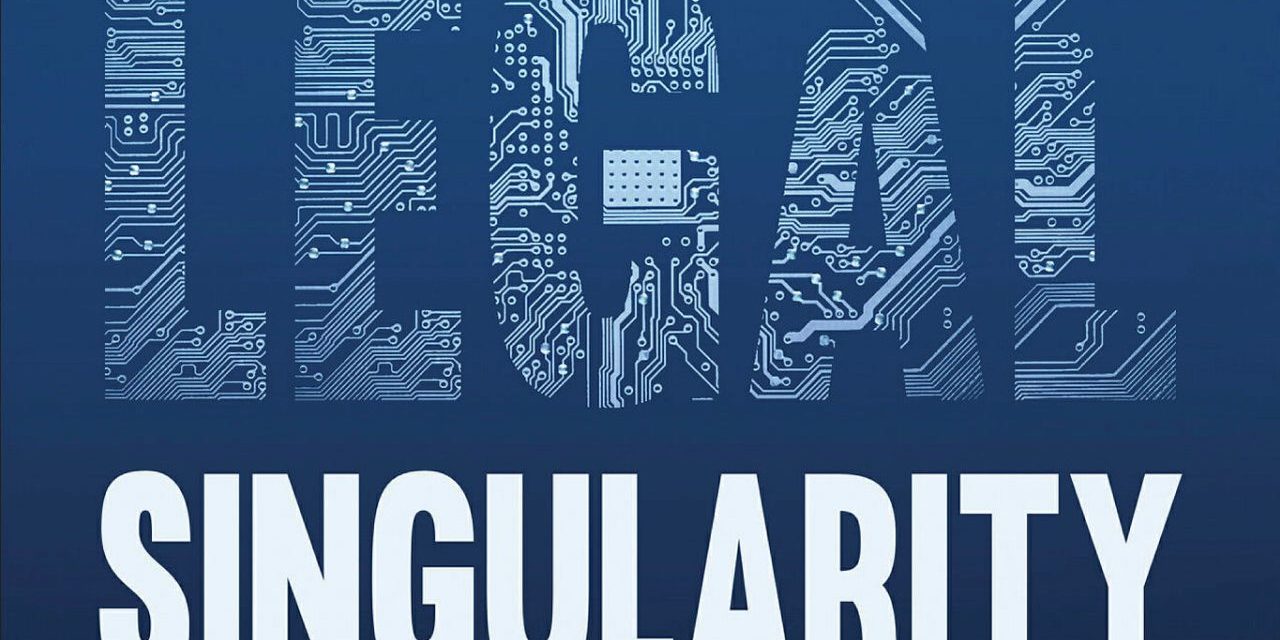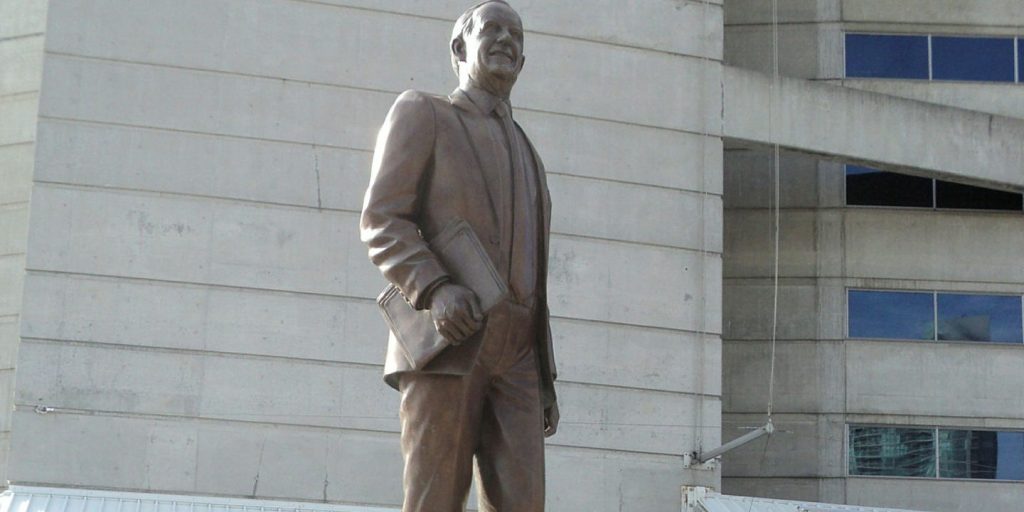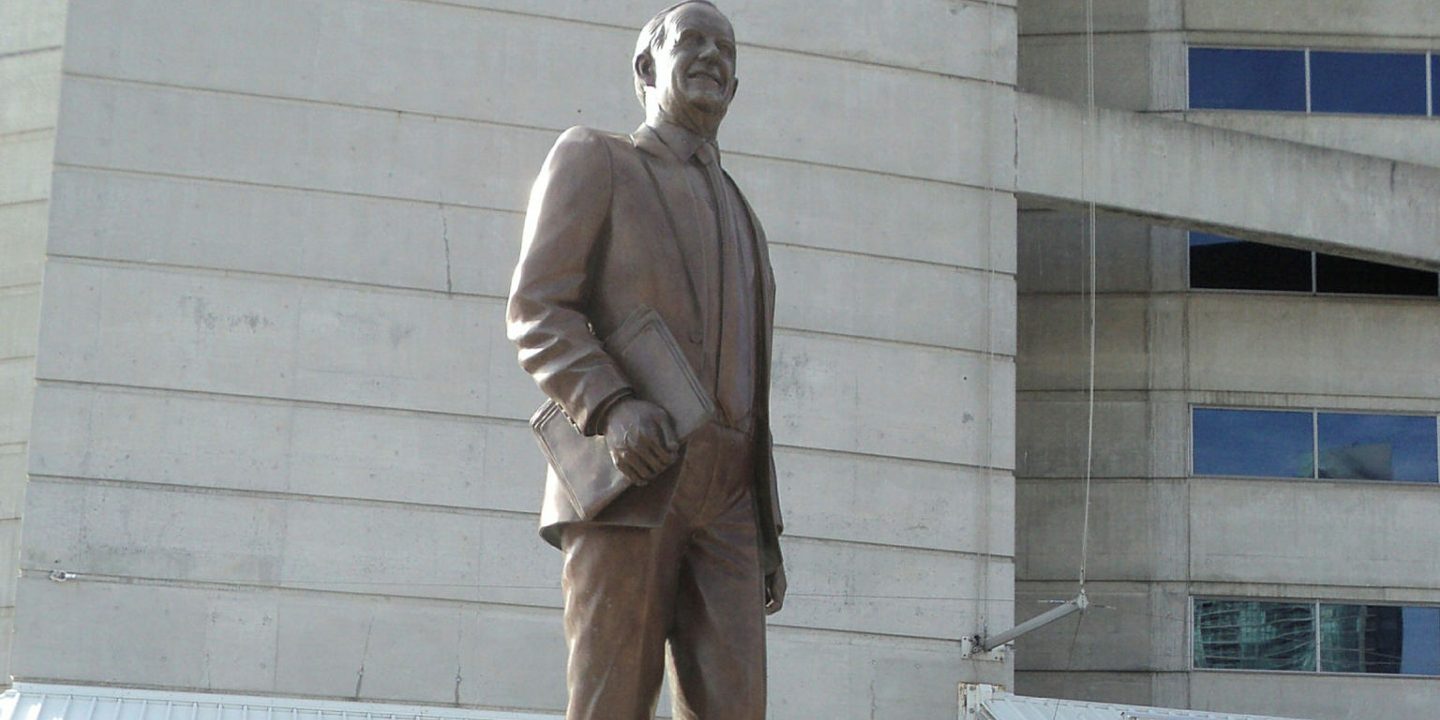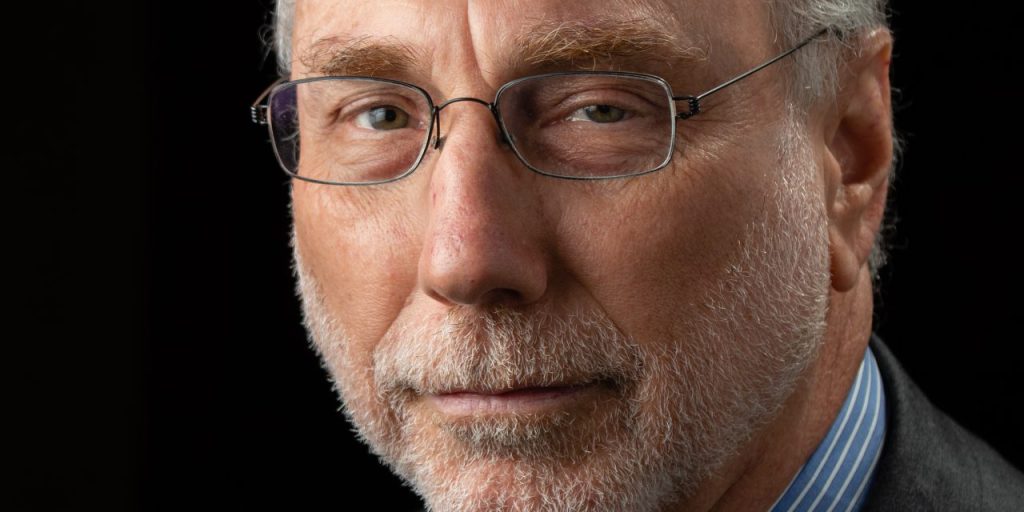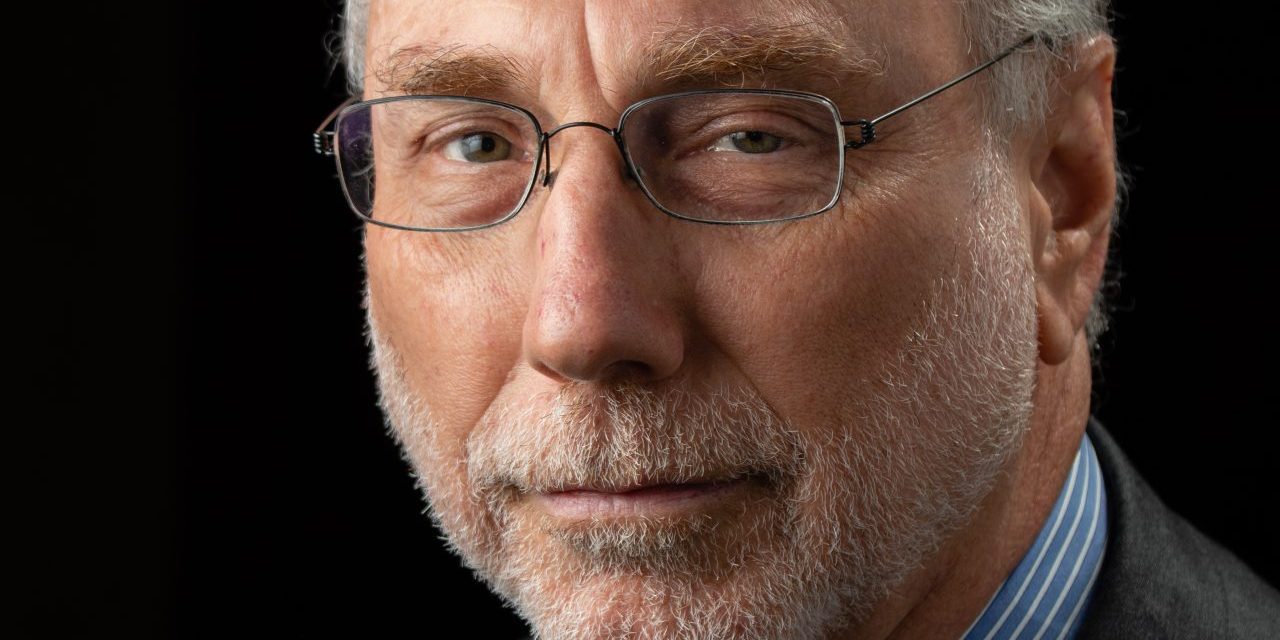Book Review
- Learning and understanding Canada’s political history is ‘part of being an informed and civic minded citizen,' says author and historian J.D.M. Stewart of his

- Learning and understanding Canada’s political history is ‘part of being an informed and civic minded citizen,' says author and historian J.D.M. Stewart of his
- Learning and understanding Canada’s political history is ‘part of being an informed and civic minded citizen,' says author and historian J.D.M. Stewart of his

- This is a previously unseen view of Pierre Trudeau, one that is sure to alter your opinions of him. It is an unvarnished look
- This is a previously unseen view of Pierre Trudeau, one that is sure to alter your opinions of him. It is an unvarnished look
- This is a previously unseen view of Pierre Trudeau, one that is sure to alter your opinions of him. It is an unvarnished look
- 1. After Redress: Japanese Canadian and Indigenous Struggles for Justice, edited by Kirsten Emiko McAllister and Mona Oikawa, UBC Press, 302 pp., $34.95. 2. Against
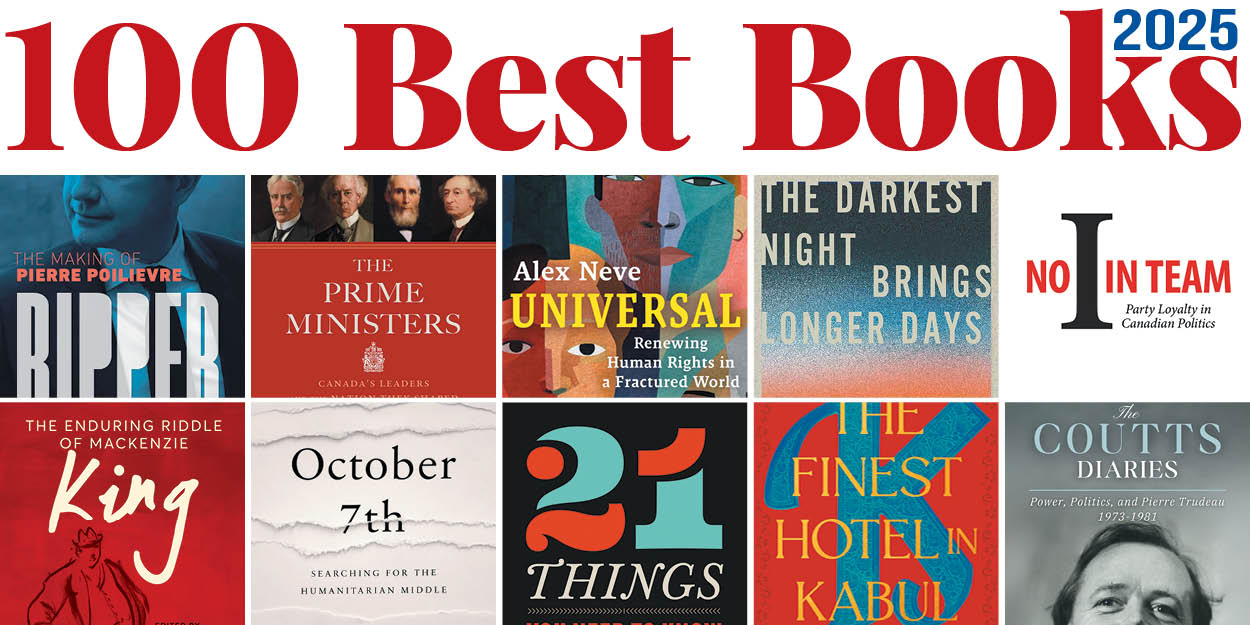
- 1. After Redress: Japanese Canadian and Indigenous Struggles for Justice, edited by Kirsten Emiko McAllister and Mona Oikawa, UBC Press, 302 pp., $34.95. 2. Against
- 1. After Redress: Japanese Canadian and Indigenous Struggles for Justice, edited by Kirsten Emiko McAllister and Mona Oikawa, UBC Press, 302 pp., $34.95. 2. Against

- Editor Patrice Dutil’s collection of essays in 'The Enduring Riddle of Mackenzie King' dives into the former prime minister's personality, relationship with society, and
- Editor Patrice Dutil’s collection of essays in 'The Enduring Riddle of Mackenzie King' dives into the former prime minister's personality, relationship with society, and
- Editor Patrice Dutil’s collection of essays in 'The Enduring Riddle of Mackenzie King' dives into the former prime minister's personality, relationship with society, and
- Andrew Coyne is right to raise his voice about the crisis of Canada. But the extinction-level political disaster he’s so worried about hasn’t happened
- Andrew Coyne is right to raise his voice about the crisis of Canada. But the extinction-level political disaster he’s so worried about hasn’t happened
- Andrew Coyne is right to raise his voice about the crisis of Canada. But the extinction-level political disaster he’s so worried about hasn’t happened
- In Universal: Renewing Human Rights in a Fractured World, Alex Neve looks into why we should be fighting to preserve our universal human rights.
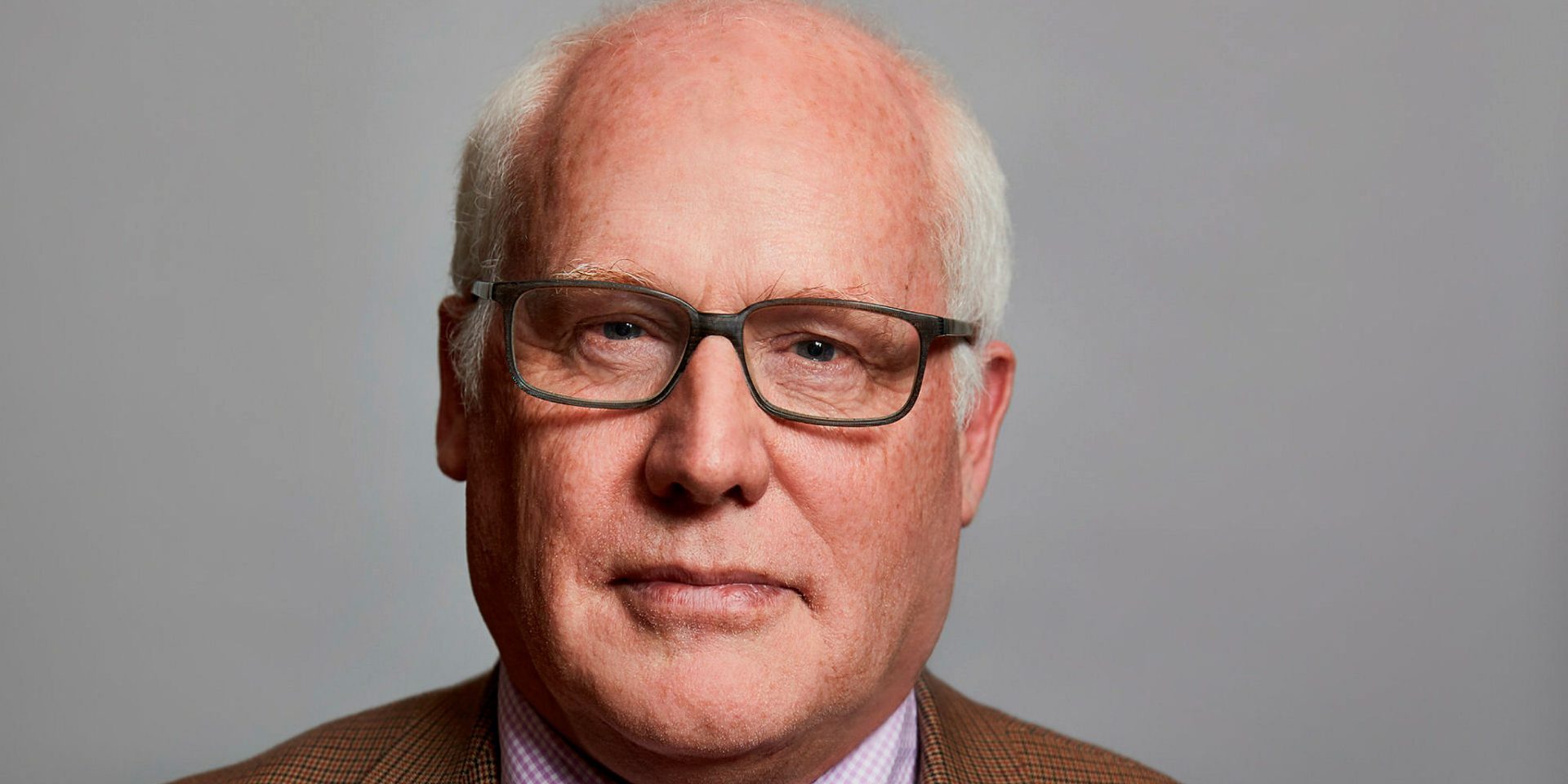
- In Universal: Renewing Human Rights in a Fractured World, Alex Neve looks into why we should be fighting to preserve our universal human rights.
- In Universal: Renewing Human Rights in a Fractured World, Alex Neve looks into why we should be fighting to preserve our universal human rights.
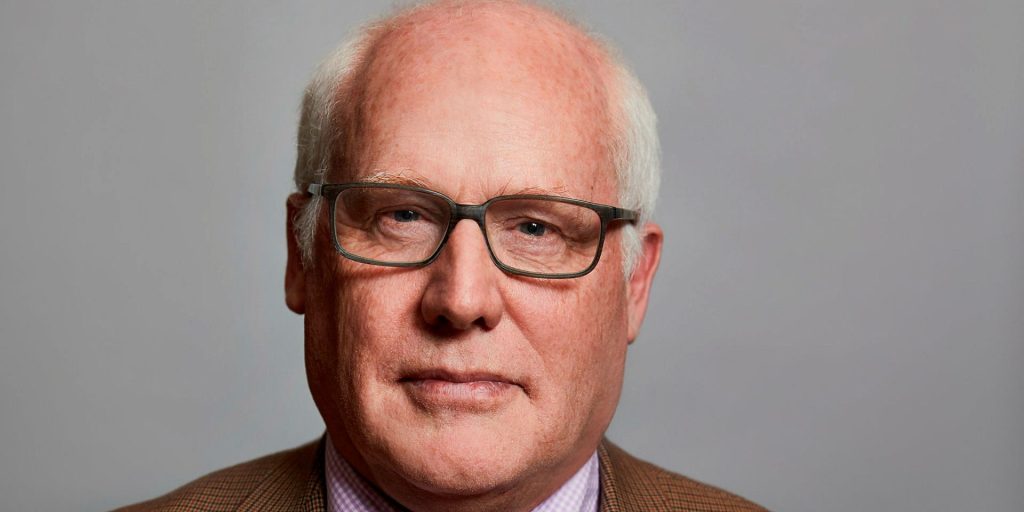
- Editors Stephen Azzi and Patrice Dutil—professors at Carleton University and Toronto Metropolitan University, respectively—have spent years studying and publishing about Canadian prime ministers. In Statecraft,
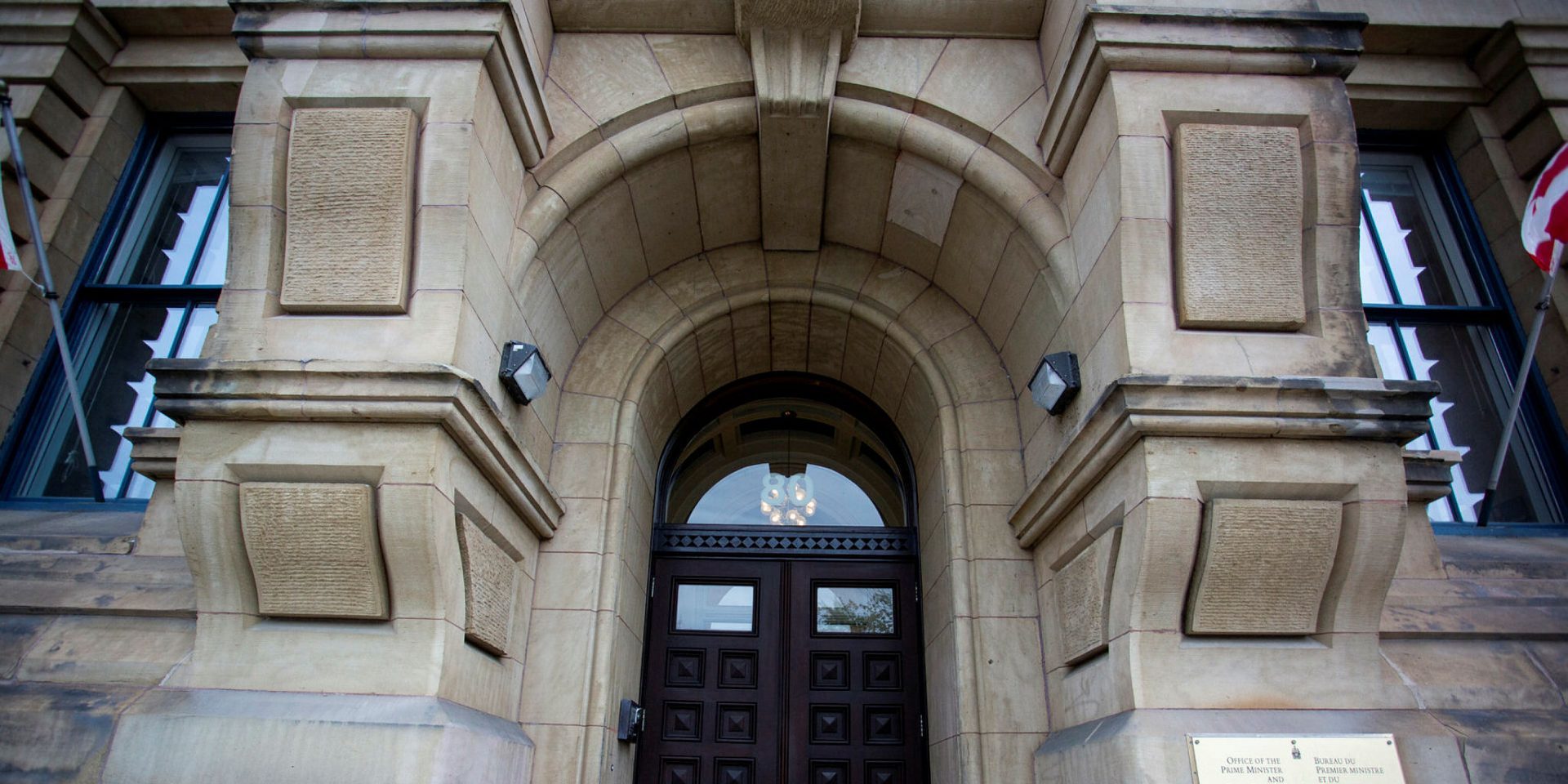
- Editors Stephen Azzi and Patrice Dutil—professors at Carleton University and Toronto Metropolitan University, respectively—have spent years studying and publishing about Canadian prime ministers. In Statecraft,
- Editors Stephen Azzi and Patrice Dutil—professors at Carleton University and Toronto Metropolitan University, respectively—have spent years studying and publishing about Canadian prime ministers. In Statecraft,
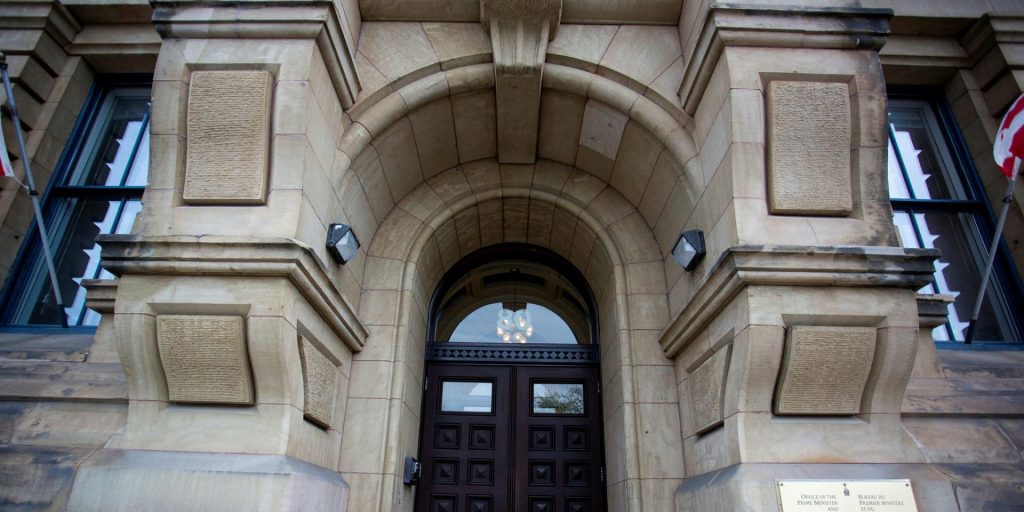
- Marsha Lederman’s October 7th is a book that comes out of the Hamas attacks on Israel and Israel’s military response, but it’s not an account of
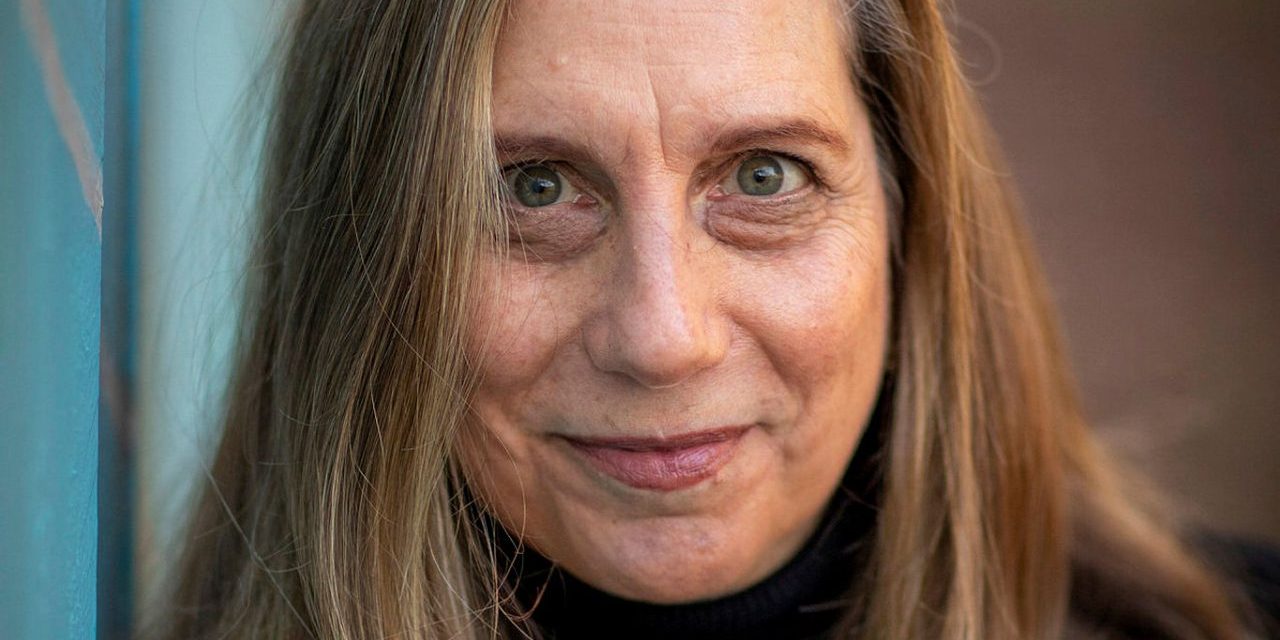
- Marsha Lederman’s October 7th is a book that comes out of the Hamas attacks on Israel and Israel’s military response, but it’s not an account of
- Marsha Lederman’s October 7th is a book that comes out of the Hamas attacks on Israel and Israel’s military response, but it’s not an account of

- 'If you have a purpose, then you become resilient. Then you want to fight for something. But if you don't have a purpose …
- 'If you have a purpose, then you become resilient. Then you want to fight for something. But if you don't have a purpose …
- 'If you have a purpose, then you become resilient. Then you want to fight for something. But if you don't have a purpose …
- In his book, 21 Things You Need to Know About Indigenous Self-Government, Bob Joseph breaks down many assumptions about the Indian Act and easily
- In his book, 21 Things You Need to Know About Indigenous Self-Government, Bob Joseph breaks down many assumptions about the Indian Act and easily
- In his book, 21 Things You Need to Know About Indigenous Self-Government, Bob Joseph breaks down many assumptions about the Indian Act and easily
- BBC News’ chief international correspondent Lyse Doucet’s book presents the stories of Afghans working in Kabul’s first luxury hotel throughout decades of war.

- BBC News’ chief international correspondent Lyse Doucet’s book presents the stories of Afghans working in Kabul’s first luxury hotel throughout decades of war.
- BBC News’ chief international correspondent Lyse Doucet’s book presents the stories of Afghans working in Kabul’s first luxury hotel throughout decades of war.

- The narratives of nation building have always been aspirational, and for a country that holds itself to be just and tolerant, Canada’s past and
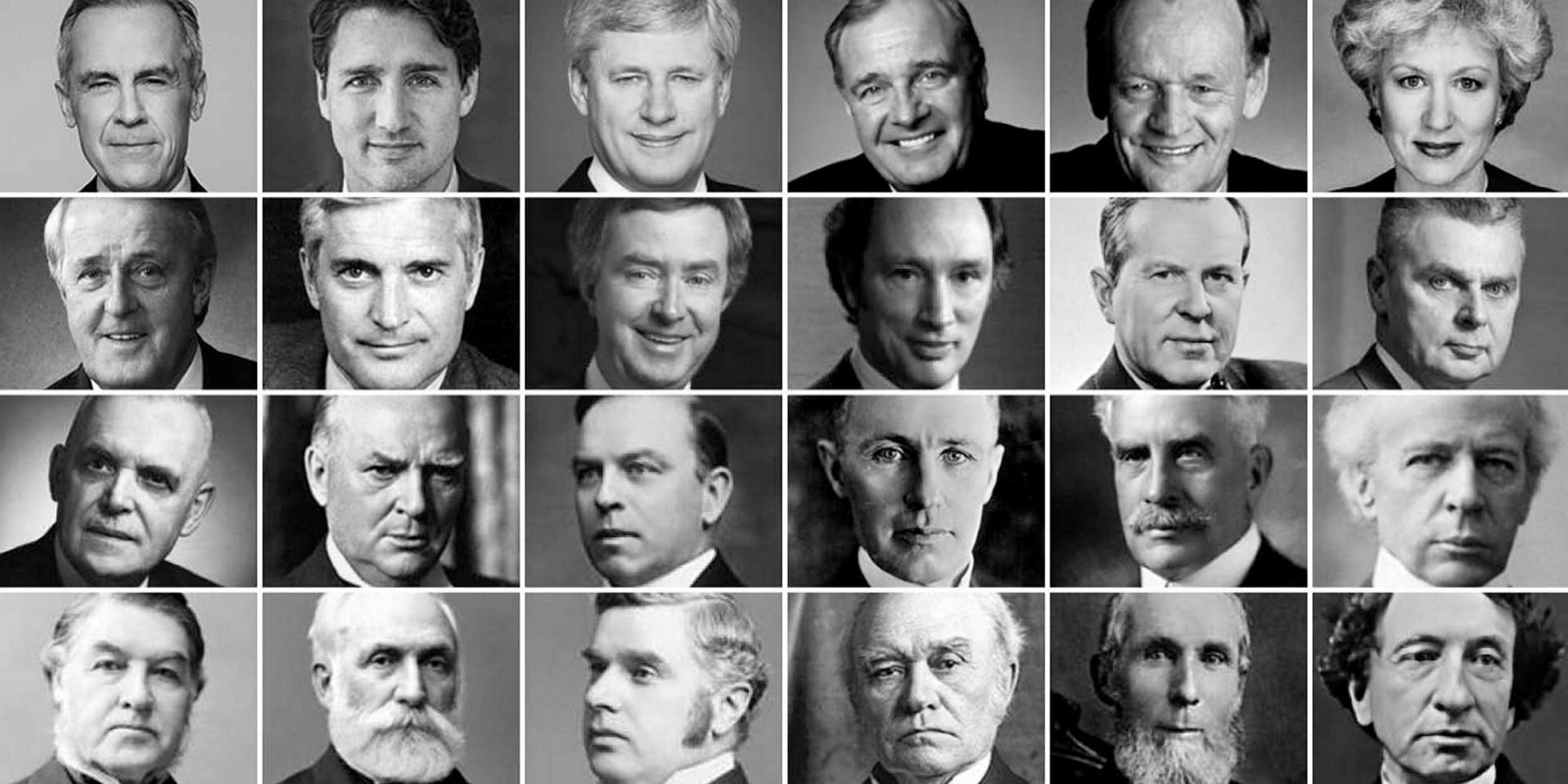
- The narratives of nation building have always been aspirational, and for a country that holds itself to be just and tolerant, Canada’s past and
- The narratives of nation building have always been aspirational, and for a country that holds itself to be just and tolerant, Canada’s past and

- The comedian reflects on his latest book’s inspiration, including Donald Trump, national identity, and the chaos of Canadian politics.
- The comedian reflects on his latest book’s inspiration, including Donald Trump, national identity, and the chaos of Canadian politics.
- The comedian reflects on his latest book’s inspiration, including Donald Trump, national identity, and the chaos of Canadian politics.
- Carla-Jean Stokes' book about William Ivor Castle's work tells the stories behind the famous photographer's First World War photos, including the ones he manipulated.
- Carla-Jean Stokes' book about William Ivor Castle's work tells the stories behind the famous photographer's First World War photos, including the ones he manipulated.
- Carla-Jean Stokes' book about William Ivor Castle's work tells the stories behind the famous photographer's First World War photos, including the ones he manipulated.
- In the new book No I in Team, political scientist Alex Marland and his co-authors unpack why party discipline has gone too far.
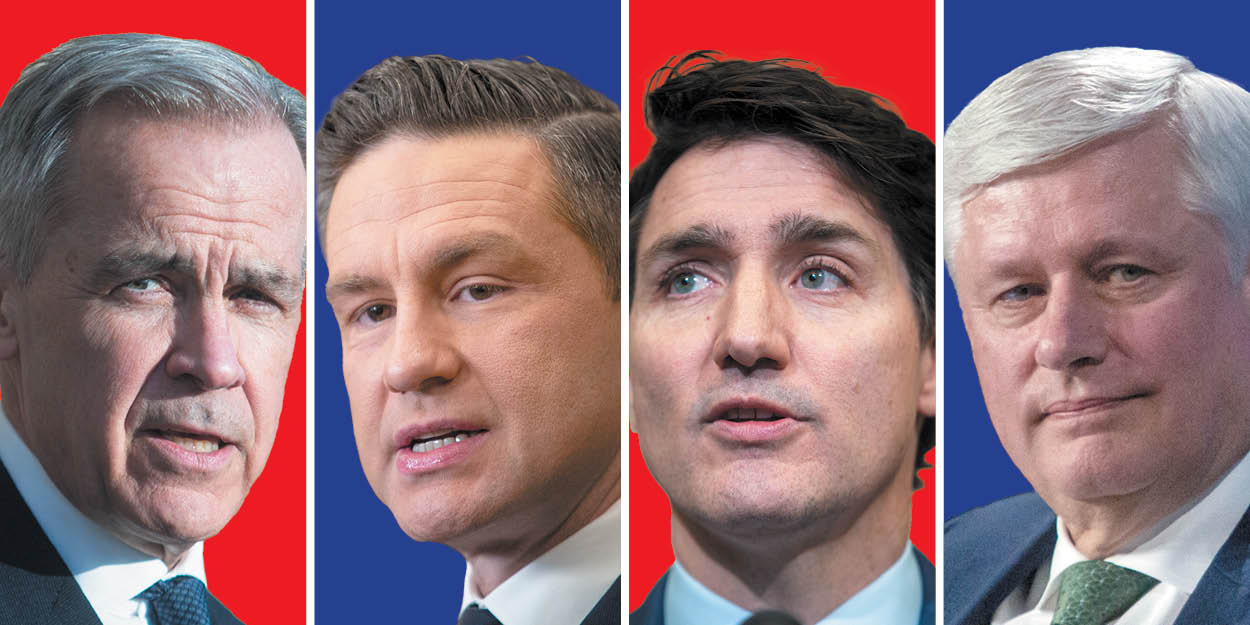
- In the new book No I in Team, political scientist Alex Marland and his co-authors unpack why party discipline has gone too far.
- In the new book No I in Team, political scientist Alex Marland and his co-authors unpack why party discipline has gone too far.

- The Canadian prime ministership is an impossible office, demanding that its occupant simultaneously pass three unforgiving tests: political, managerial, and collegial. Fail one and
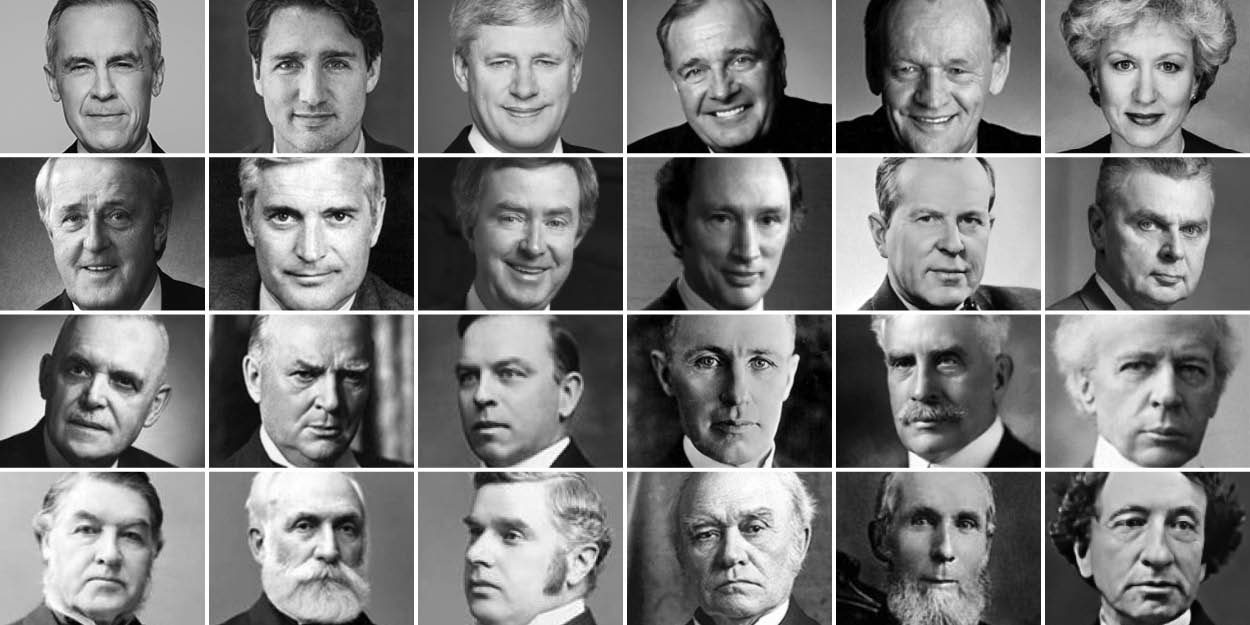
- The Canadian prime ministership is an impossible office, demanding that its occupant simultaneously pass three unforgiving tests: political, managerial, and collegial. Fail one and
- The Canadian prime ministership is an impossible office, demanding that its occupant simultaneously pass three unforgiving tests: political, managerial, and collegial. Fail one and
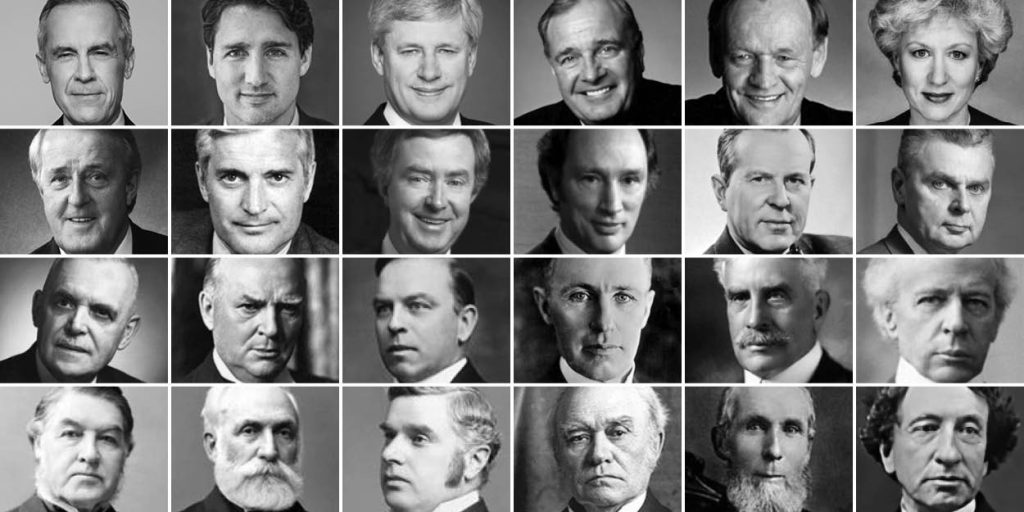
- Despite our county’s many strengths, our politics suffer from some formidable challenges. The national discourse has become more polarized, divisive, and nastier. Unfortunately, we

- Despite our county’s many strengths, our politics suffer from some formidable challenges. The national discourse has become more polarized, divisive, and nastier. Unfortunately, we
- Despite our county’s many strengths, our politics suffer from some formidable challenges. The national discourse has become more polarized, divisive, and nastier. Unfortunately, we

- The $25,000 prize will be handed out on Sept. 24 in Ottawa at the Politics and the Pen event, the annual fundraiser for the
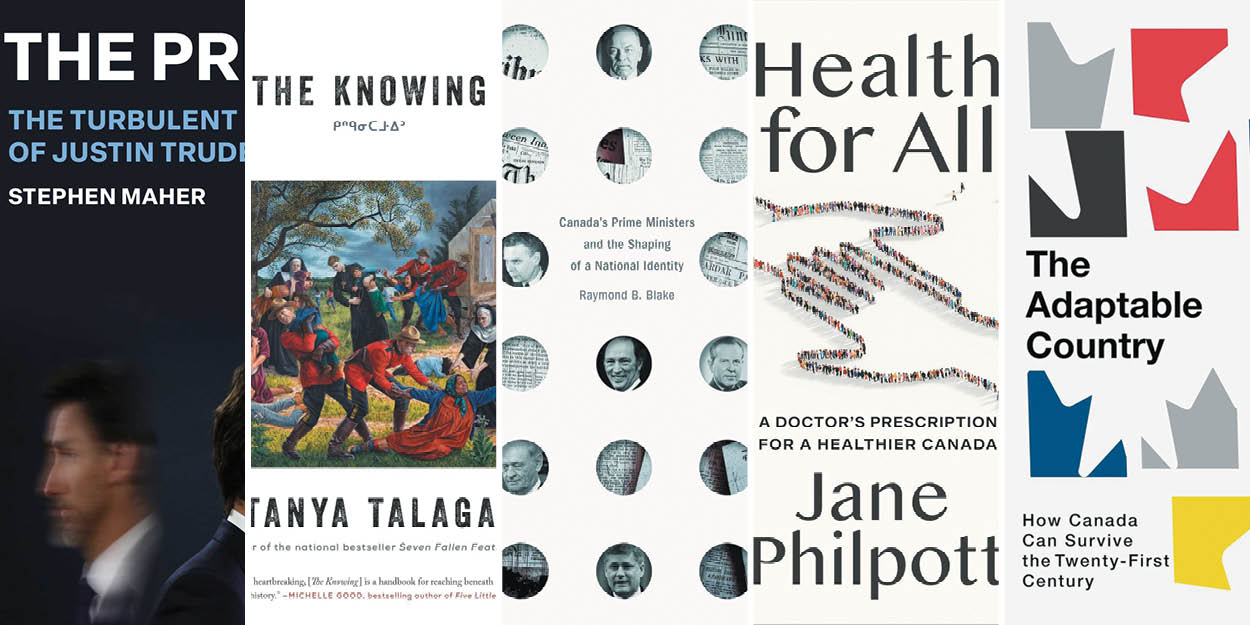
- The $25,000 prize will be handed out on Sept. 24 in Ottawa at the Politics and the Pen event, the annual fundraiser for the
- The $25,000 prize will be handed out on Sept. 24 in Ottawa at the Politics and the Pen event, the annual fundraiser for the
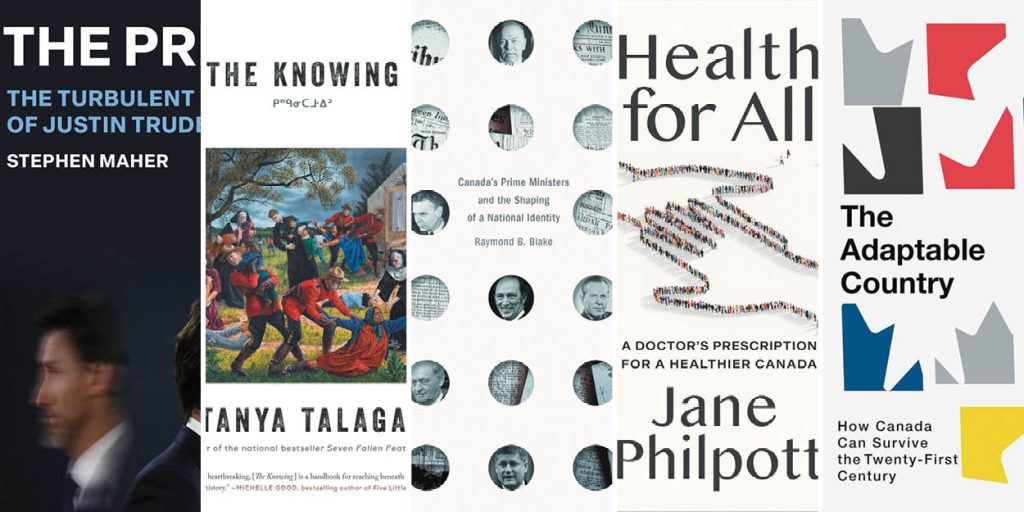
- The reported absence of significant attacks will likely continue to fuel the belief in democratic policy circles that Finland is a shining example other
- The reported absence of significant attacks will likely continue to fuel the belief in democratic policy circles that Finland is a shining example other
- The reported absence of significant attacks will likely continue to fuel the belief in democratic policy circles that Finland is a shining example other
- Munir Sheikh shared his upcoming book's message and memories of working with now-Prime Minister Mark Carney as bureaucrats at Finance.
- Munir Sheikh shared his upcoming book's message and memories of working with now-Prime Minister Mark Carney as bureaucrats at Finance.
- Munir Sheikh shared his upcoming book's message and memories of working with now-Prime Minister Mark Carney as bureaucrats at Finance.
- Canada has pledged to meet the new NATO target of spending five per cent of GDP on defence.
- Canada has pledged to meet the new NATO target of spending five per cent of GDP on defence.
- Canada has pledged to meet the new NATO target of spending five per cent of GDP on defence.
- In his new book, The Crisis of Canadian Democracy, Andrew Coyne unpacks how parties choose their leaders, how the leaders control their MPs, and
- In his new book, The Crisis of Canadian Democracy, Andrew Coyne unpacks how parties choose their leaders, how the leaders control their MPs, and
- In his new book, The Crisis of Canadian Democracy, Andrew Coyne unpacks how parties choose their leaders, how the leaders control their MPs, and
- The following is an excerpt from Hard Lessons in Corporate Governance, by Bryce C. Tingle, shortlisted for this year's Donner Prize, one of the
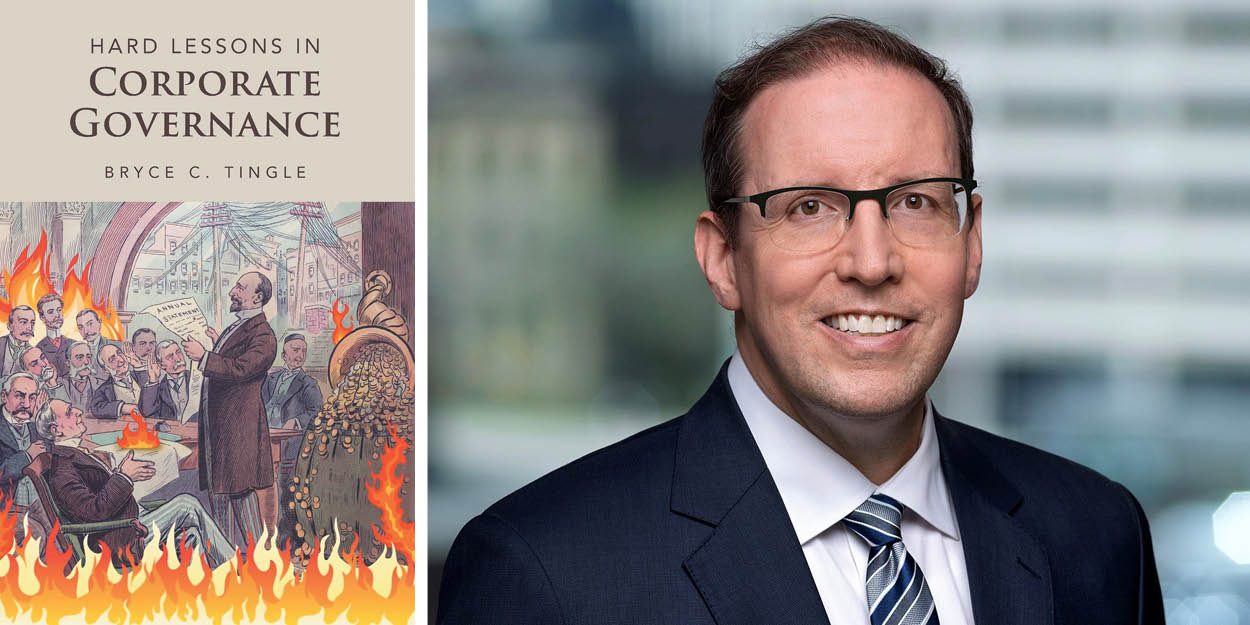
- The following is an excerpt from Hard Lessons in Corporate Governance, by Bryce C. Tingle, shortlisted for this year's Donner Prize, one of the
- The following is an excerpt from Hard Lessons in Corporate Governance, by Bryce C. Tingle, shortlisted for this year's Donner Prize, one of the
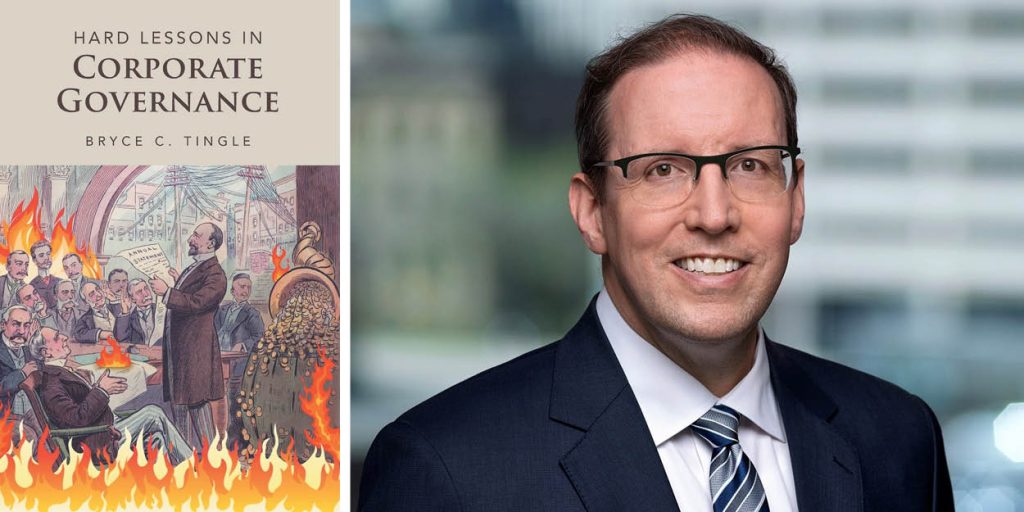
- The following is an excerpt from Seized by Uncertainty: The Markets, Media, and Special Interests That Shaped Canada's Response to COVID-19, which is one
- The following is an excerpt from Seized by Uncertainty: The Markets, Media, and Special Interests That Shaped Canada's Response to COVID-19, which is one
- The following is an excerpt from Seized by Uncertainty: The Markets, Media, and Special Interests That Shaped Canada's Response to COVID-19, which is one
- The following is an excerpt from Constraining the Court: Judicial Power in Policy Implementation in the Charter Era, one of five books shortlisted for
- The following is an excerpt from Constraining the Court: Judicial Power in Policy Implementation in the Charter Era, one of five books shortlisted for
- The following is an excerpt from Constraining the Court: Judicial Power in Policy Implementation in the Charter Era, one of five books shortlisted for
- The following is an excerpt from And Sometimes They Kill You: Confronting the Epidemic of Intimate Partner Violence, by Pamela Cross, nominated for this
- The following is an excerpt from And Sometimes They Kill You: Confronting the Epidemic of Intimate Partner Violence, by Pamela Cross, nominated for this
- The following is an excerpt from And Sometimes They Kill You: Confronting the Epidemic of Intimate Partner Violence, by Pamela Cross, nominated for this
- Mark Bourrie says Ripper: The Making of Pierre Poilievre is as much about the failings of modern political parties and the Canadian media as
- Mark Bourrie says Ripper: The Making of Pierre Poilievre is as much about the failings of modern political parties and the Canadian media as
- Mark Bourrie says Ripper: The Making of Pierre Poilievre is as much about the failings of modern political parties and the Canadian media as
- Our criminal justice system is facing an existential crisis. The following is an excerpt from Benjamin Perrin's book, Indictment: The Criminal Justice System on
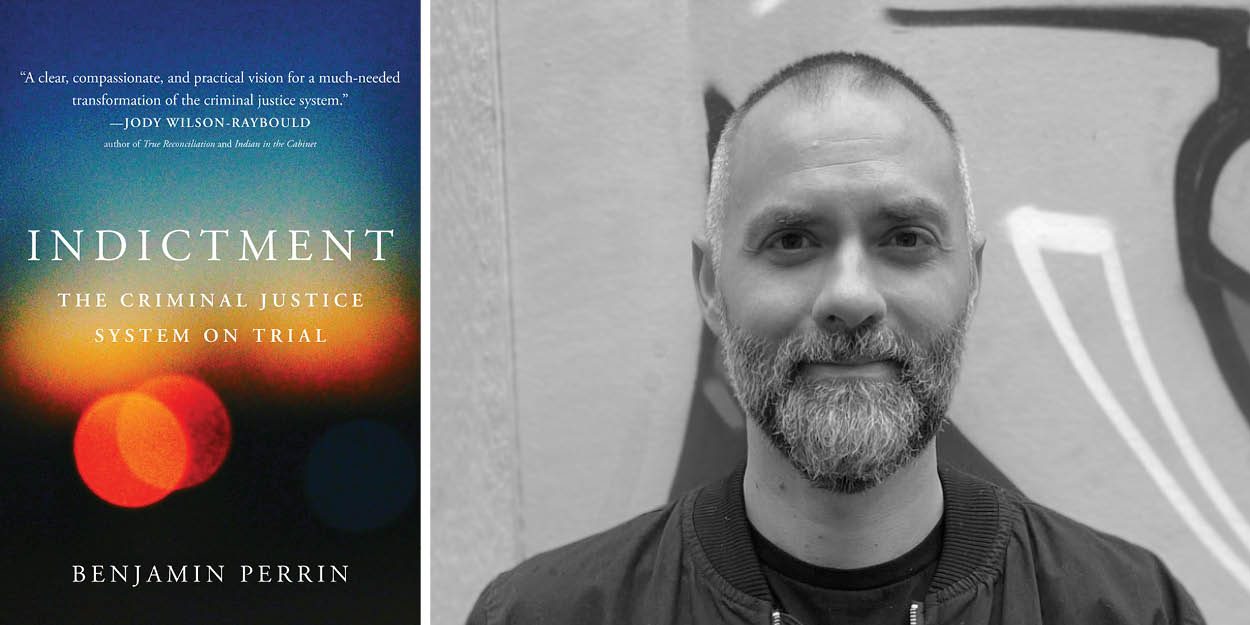
- Our criminal justice system is facing an existential crisis. The following is an excerpt from Benjamin Perrin's book, Indictment: The Criminal Justice System on
- Our criminal justice system is facing an existential crisis. The following is an excerpt from Benjamin Perrin's book, Indictment: The Criminal Justice System on
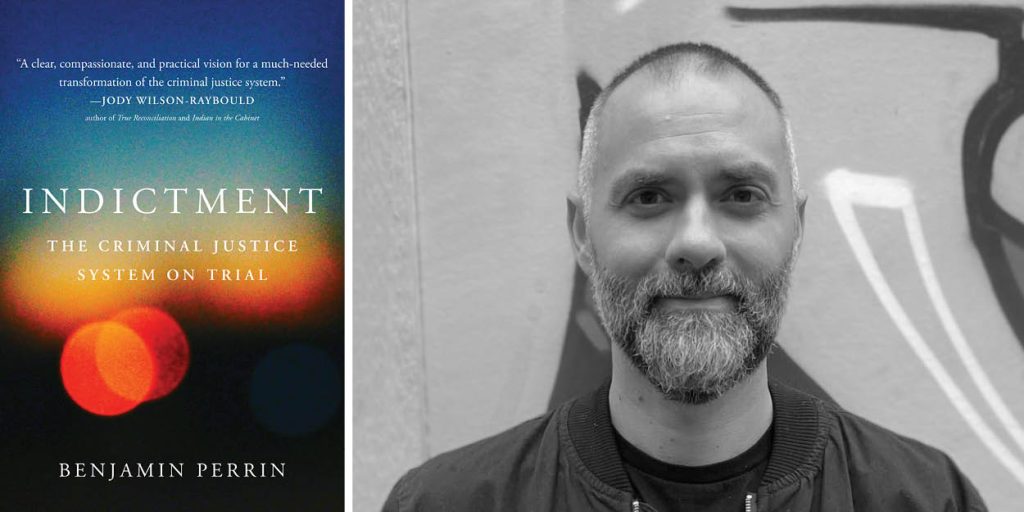
- The following is an excerpt from The Age of Insecurity: Coming Together as Things Fall Apart, by Astra Taylor, and published by House of
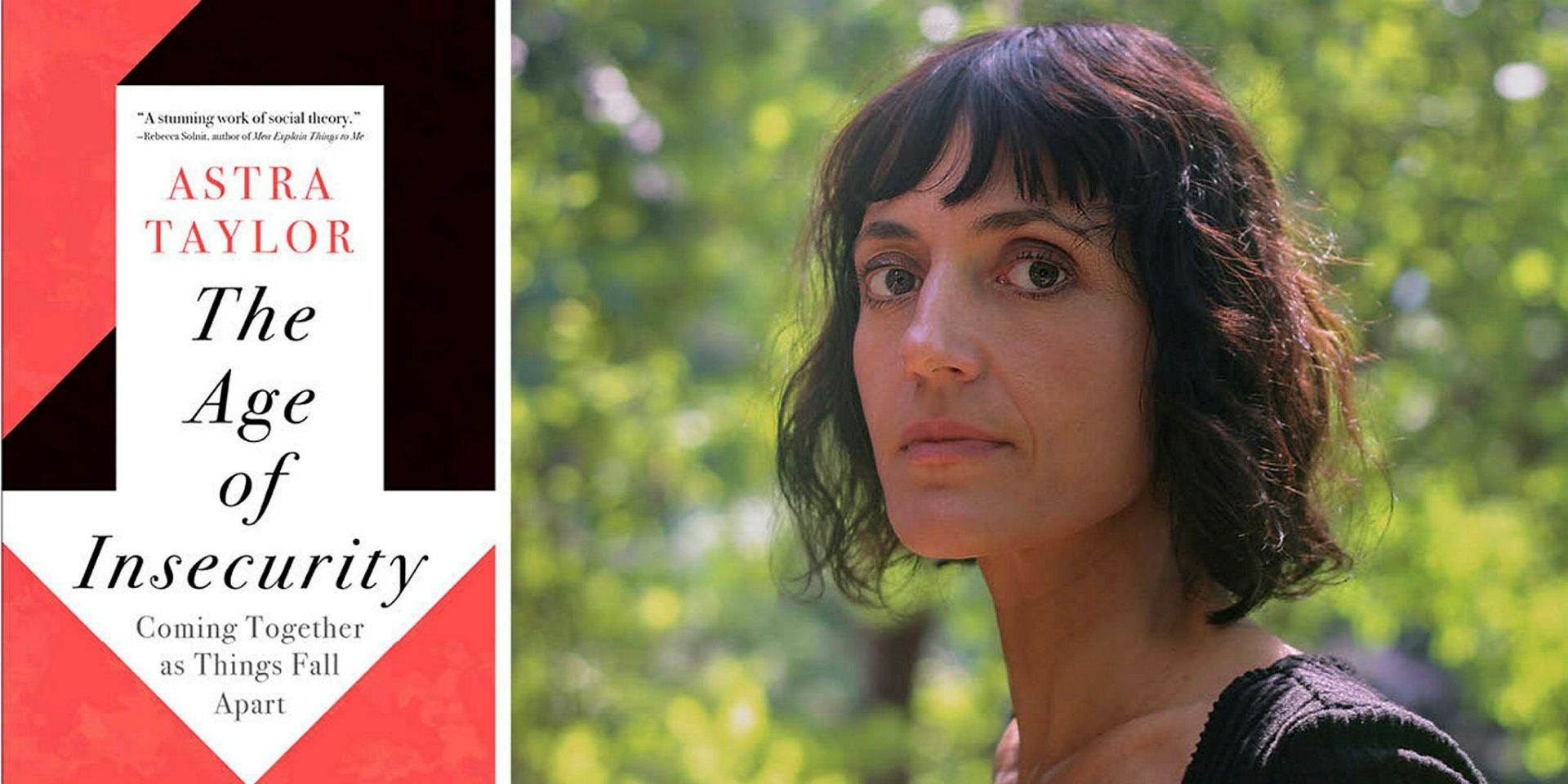
- The following is an excerpt from The Age of Insecurity: Coming Together as Things Fall Apart, by Astra Taylor, and published by House of
- The following is an excerpt from The Age of Insecurity: Coming Together as Things Fall Apart, by Astra Taylor, and published by House of
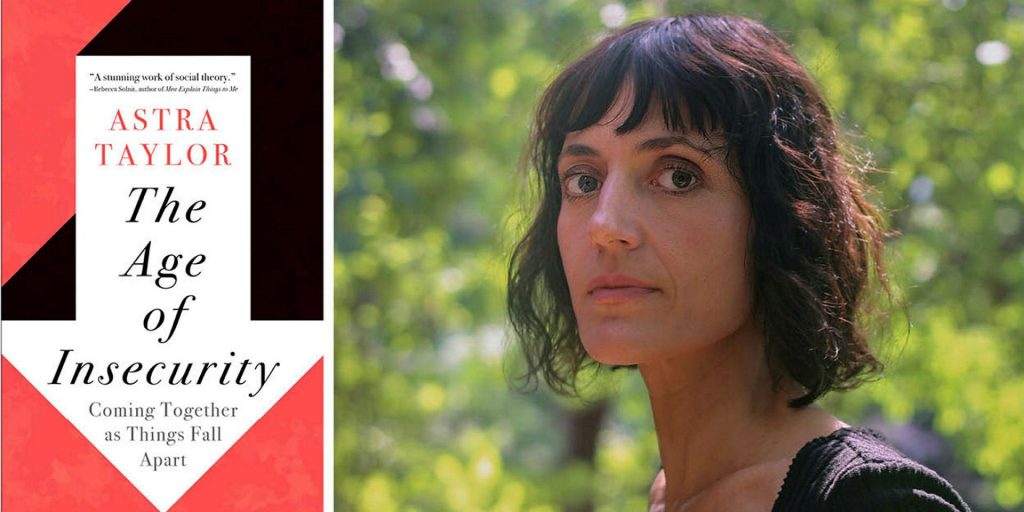
- The following is an excerpt from Canada: Beyond Grudges, Grievances, and Disunity, by Donald Savoie, one of five books shortlisted for this year's Shaughnessy
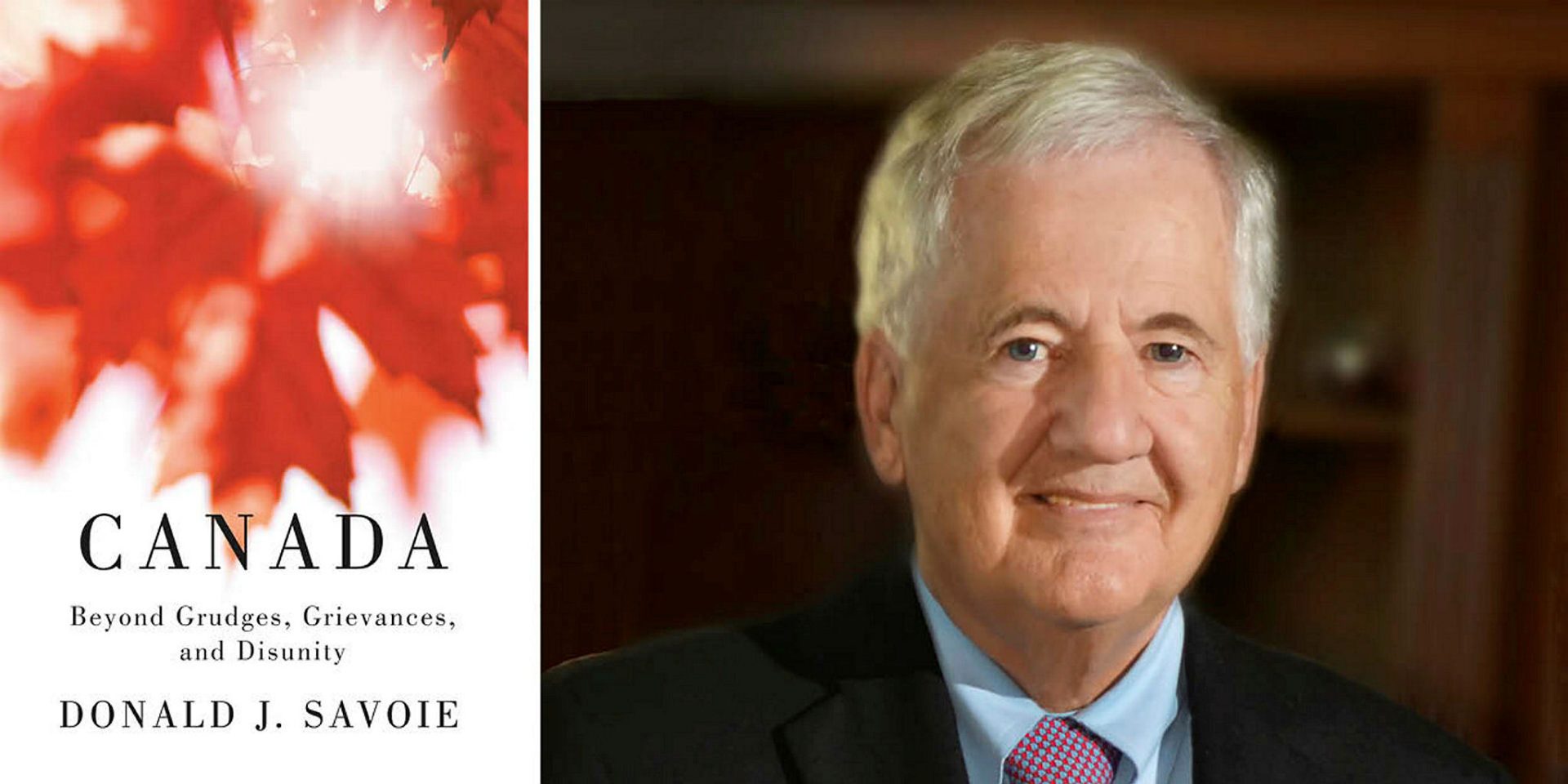
- The following is an excerpt from Canada: Beyond Grudges, Grievances, and Disunity, by Donald Savoie, one of five books shortlisted for this year's Shaughnessy
- The following is an excerpt from Canada: Beyond Grudges, Grievances, and Disunity, by Donald Savoie, one of five books shortlisted for this year's Shaughnessy
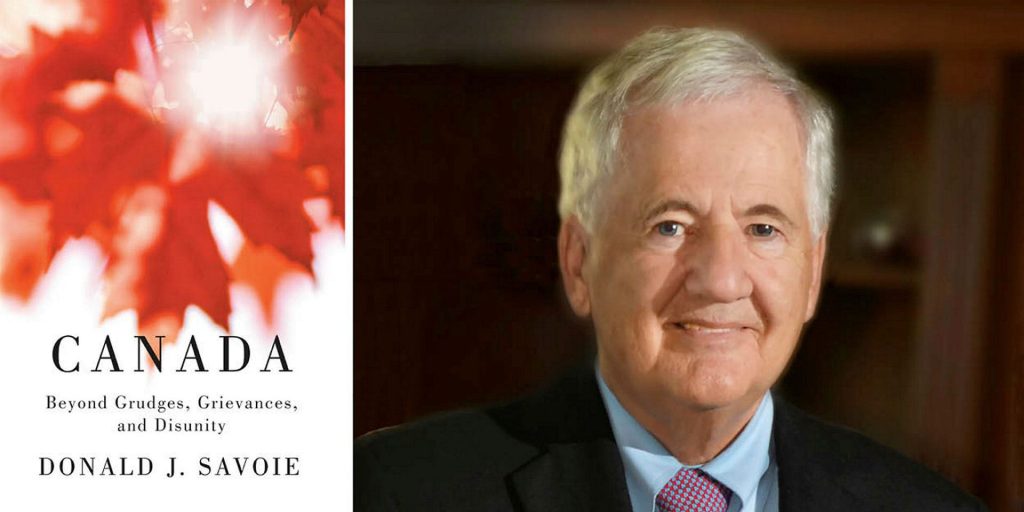
- The following is an excerpt from The Privacy Fallacy: Harm and Power in the Information Economy, by Ignacio Cofone, published by Cambridge University Press,
- The following is an excerpt from The Privacy Fallacy: Harm and Power in the Information Economy, by Ignacio Cofone, published by Cambridge University Press,
- The following is an excerpt from The Privacy Fallacy: Harm and Power in the Information Economy, by Ignacio Cofone, published by Cambridge University Press,
- The following is an excerpt from Who Owns Outer Space? International Law, Astrophysics, and the Sustainable Development of Space, one of five finalists for
- The following is an excerpt from Who Owns Outer Space? International Law, Astrophysics, and the Sustainable Development of Space, one of five finalists for
- The following is an excerpt from Who Owns Outer Space? International Law, Astrophysics, and the Sustainable Development of Space, one of five finalists for
- The following is an excerpt from Kent Roach's Wrongfully Convicted: Guilty Pleas, Imagined Crimes and What Canada Must Do to Safeguard Justice, published by Simon
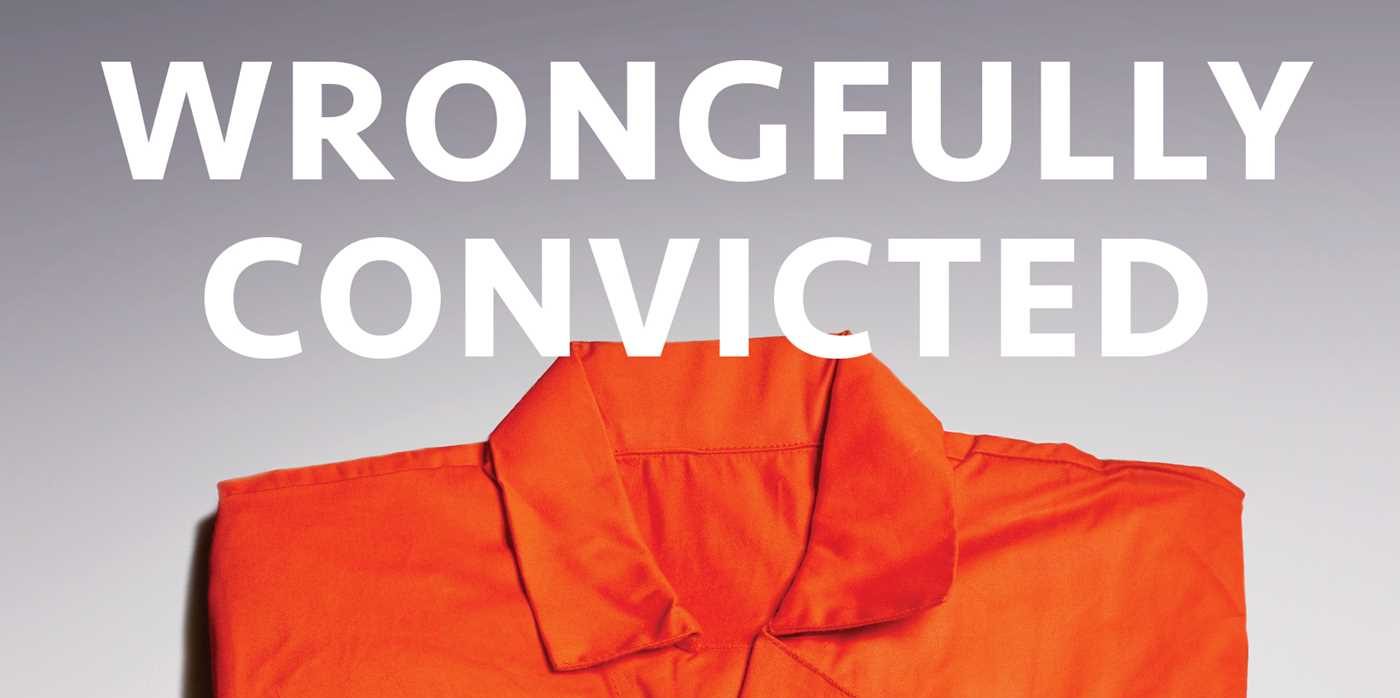
- The following is an excerpt from Kent Roach's Wrongfully Convicted: Guilty Pleas, Imagined Crimes and What Canada Must Do to Safeguard Justice, published by Simon
- The following is an excerpt from Kent Roach's Wrongfully Convicted: Guilty Pleas, Imagined Crimes and What Canada Must Do to Safeguard Justice, published by Simon
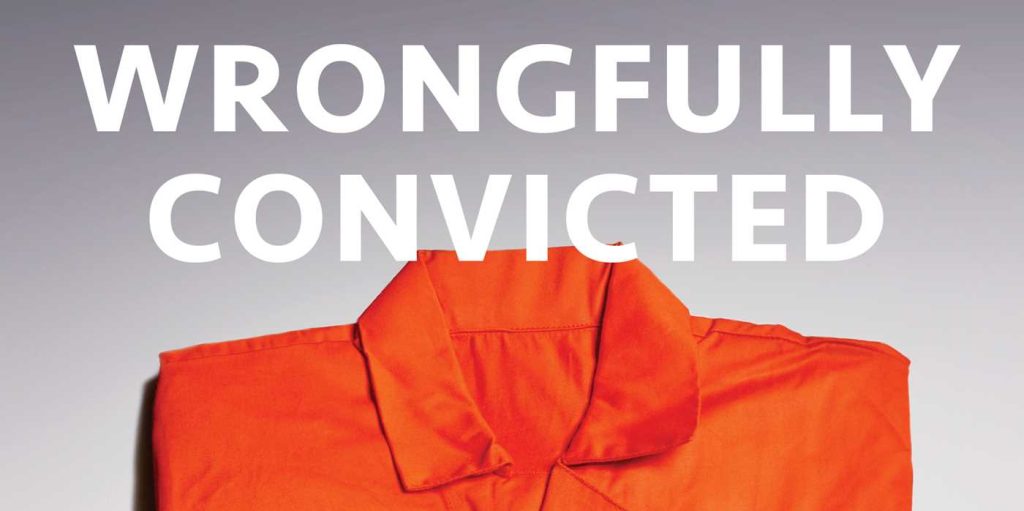
- The following is an excerpt from Pandemic Panic: How Canadian Government Responses to COVID-19 Changed Civil Liberties Forever, one of the five books shortlisted
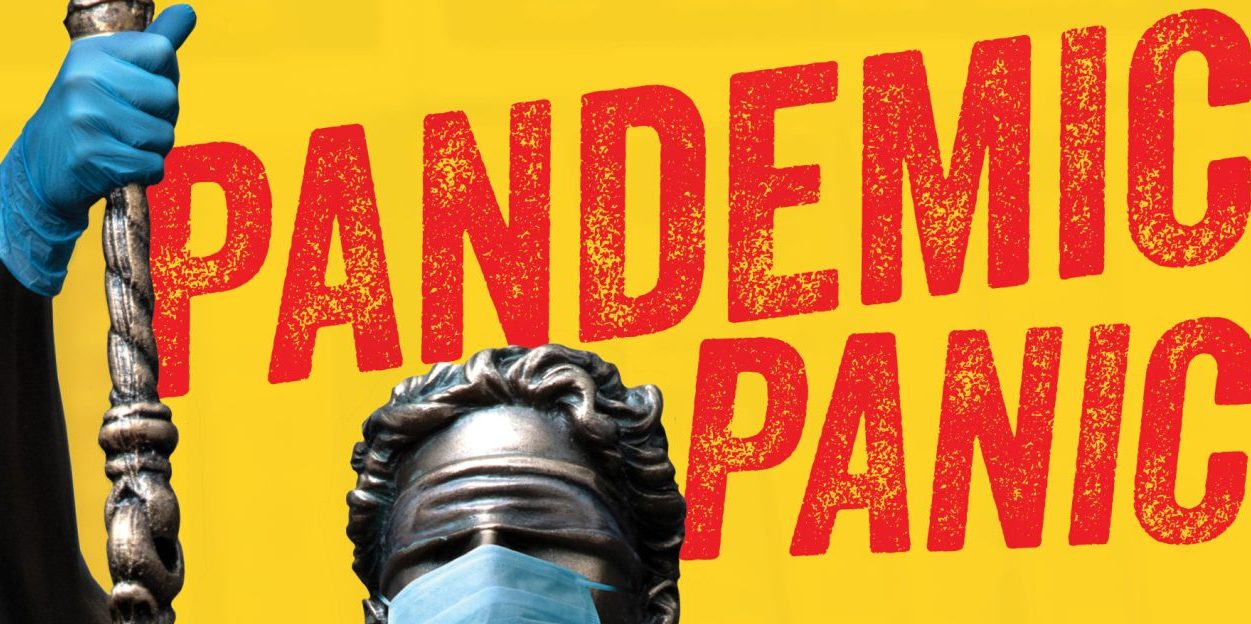
- The following is an excerpt from Pandemic Panic: How Canadian Government Responses to COVID-19 Changed Civil Liberties Forever, one of the five books shortlisted
- The following is an excerpt from Pandemic Panic: How Canadian Government Responses to COVID-19 Changed Civil Liberties Forever, one of the five books shortlisted
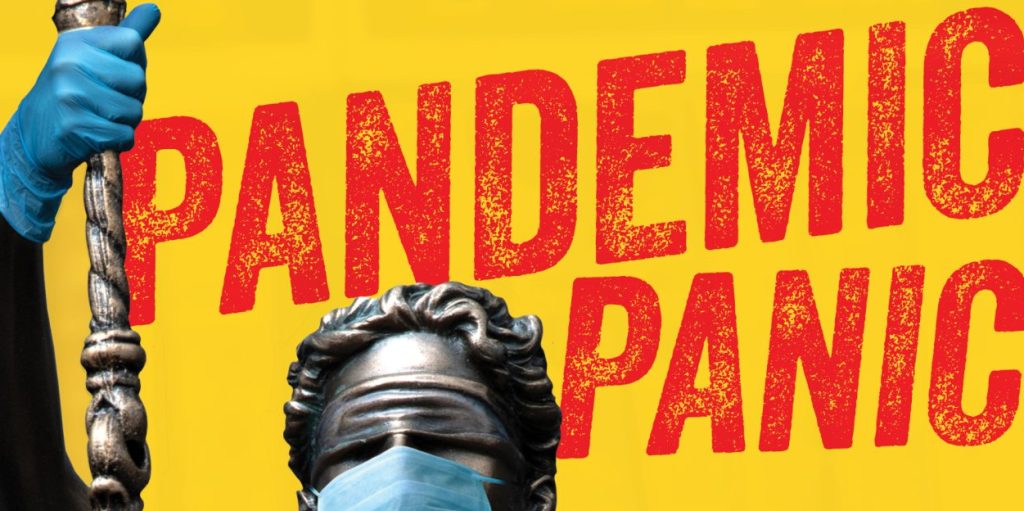
- The following is an excerpt from The Legal Singularity: How Artificial Intelligence Can Make Law Radically Better, one of the five books shortlisted for
- The following is an excerpt from The Legal Singularity: How Artificial Intelligence Can Make Law Radically Better, one of the five books shortlisted for
- The following is an excerpt from The Legal Singularity: How Artificial Intelligence Can Make Law Radically Better, one of the five books shortlisted for
- The Rogers family did not offer much co-operation on this book. But relying on her previous reporting at The Globe and Mail, public documents and
- The Rogers family did not offer much co-operation on this book. But relying on her previous reporting at The Globe and Mail, public documents and
- The Rogers family did not offer much co-operation on this book. But relying on her previous reporting at The Globe and Mail, public documents and
- As the senior news executive at The Washington Post, Martin Baron was a key member of that establishment press. His newsroom was a thorn in
- As the senior news executive at The Washington Post, Martin Baron was a key member of that establishment press. His newsroom was a thorn in
- As the senior news executive at The Washington Post, Martin Baron was a key member of that establishment press. His newsroom was a thorn in
